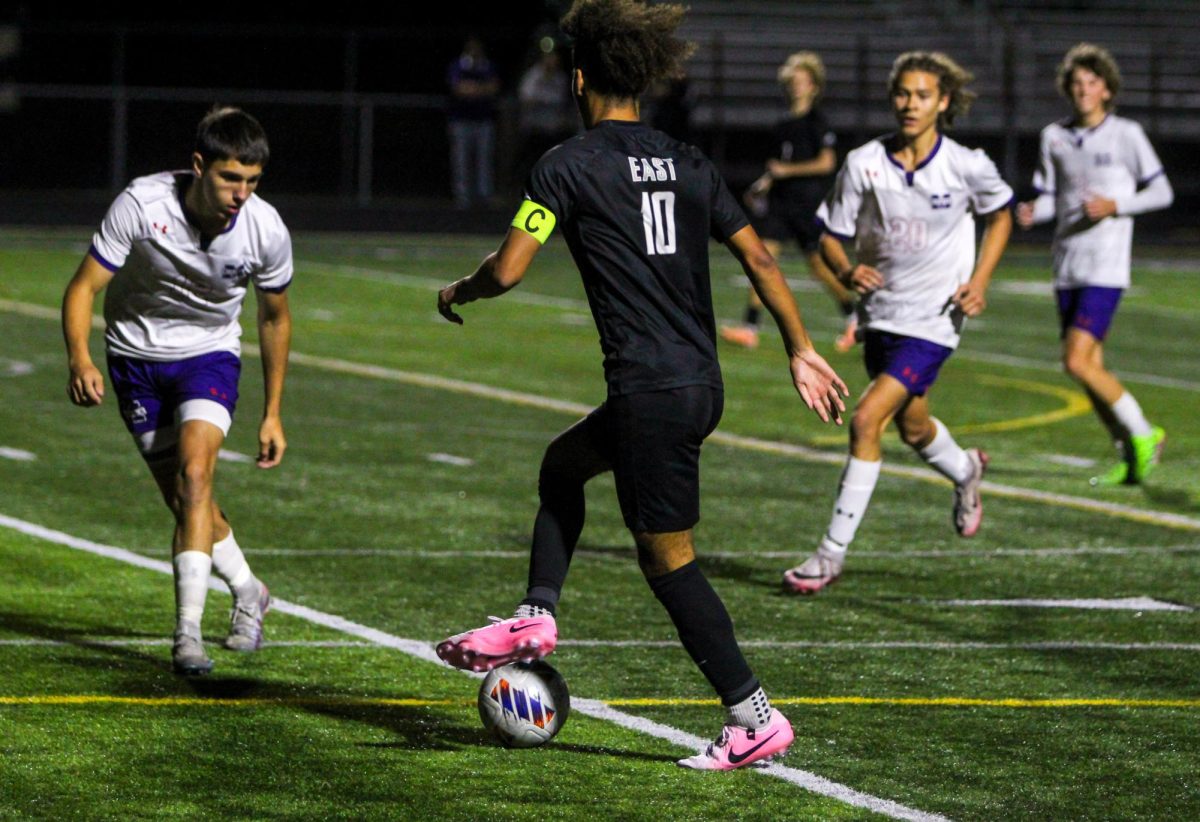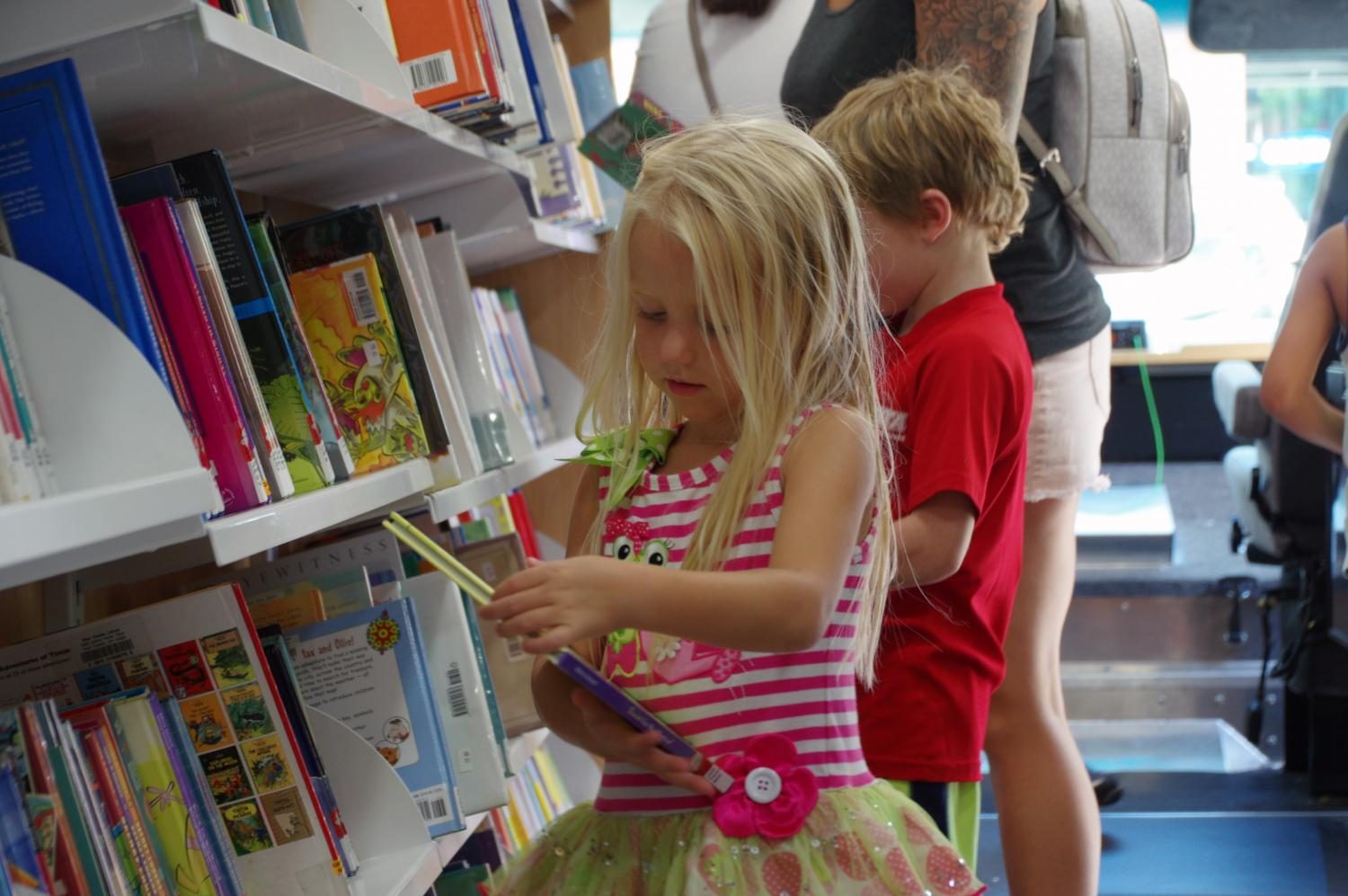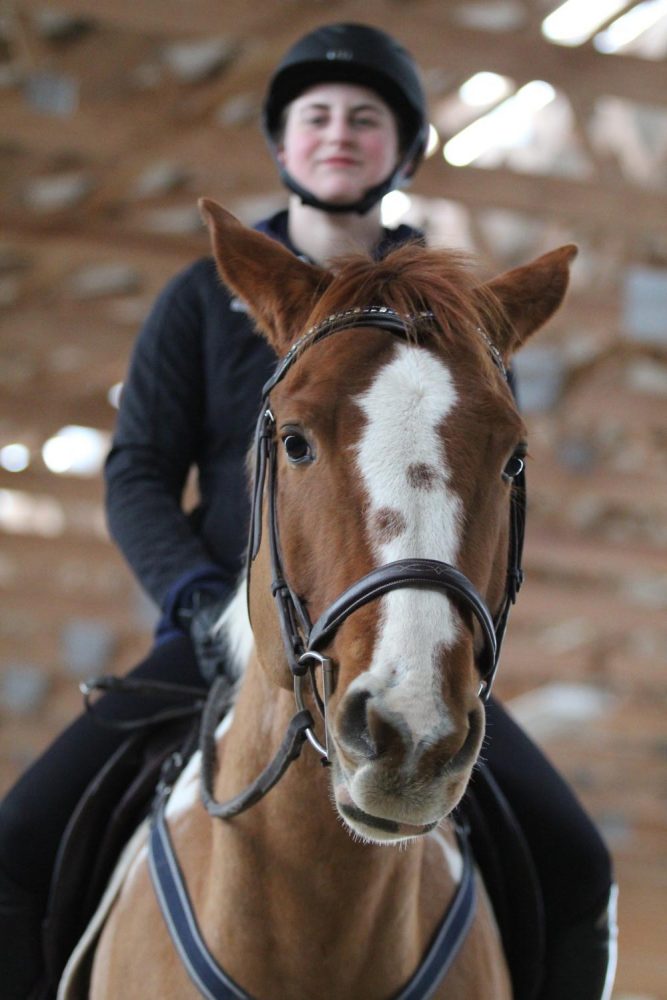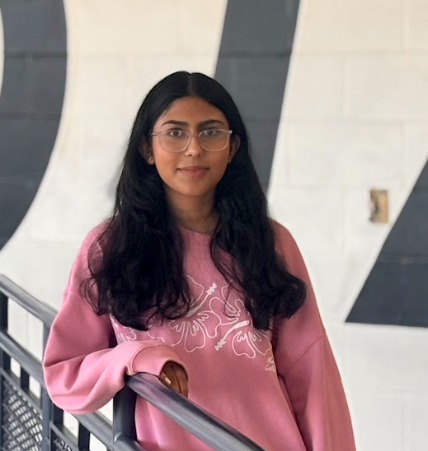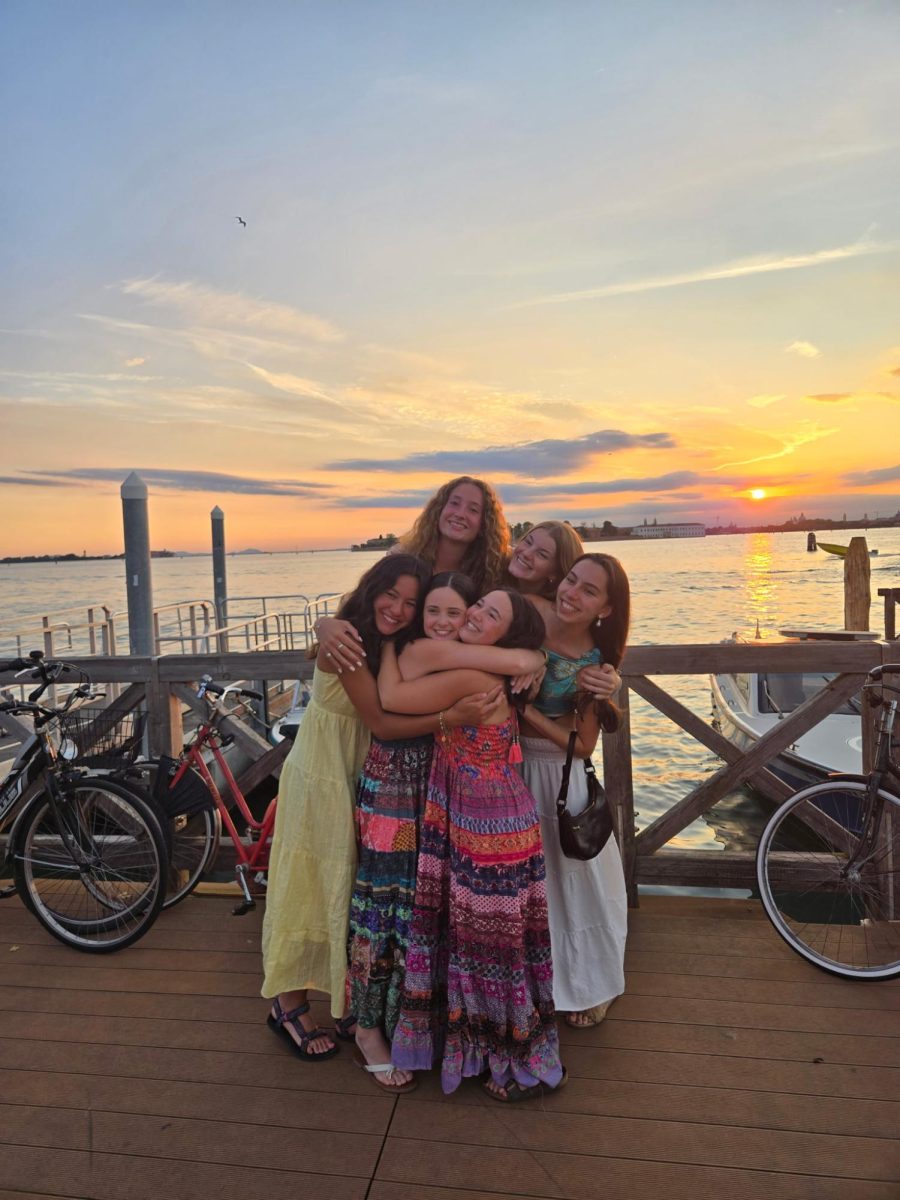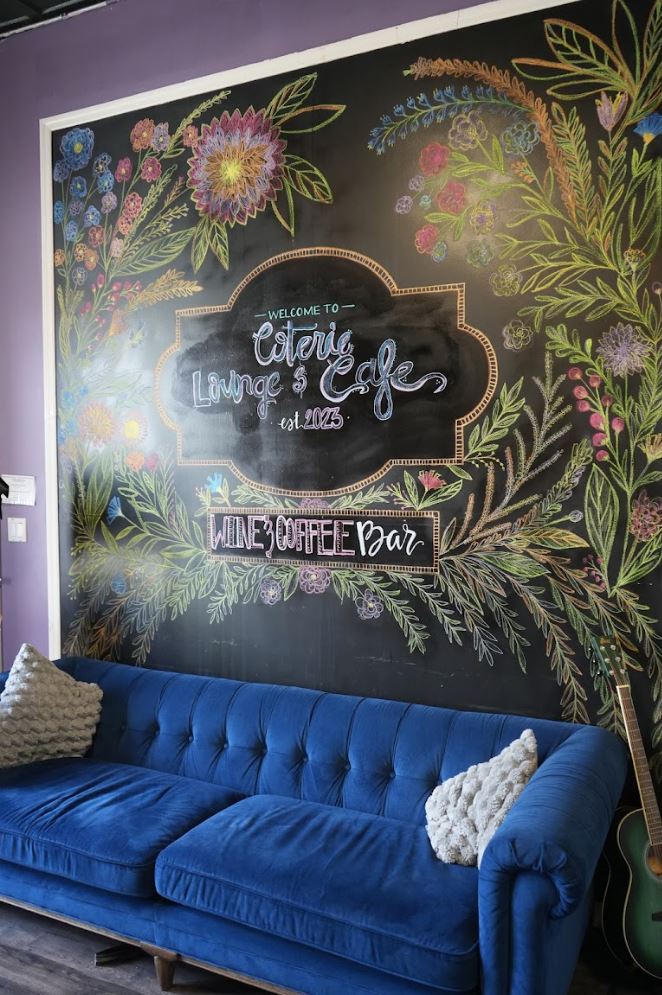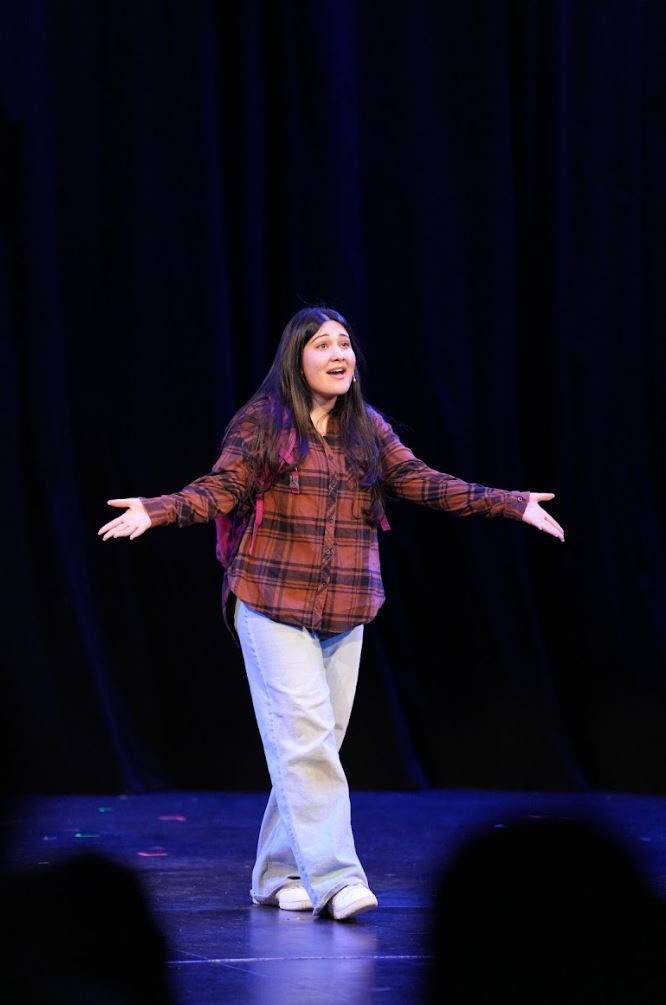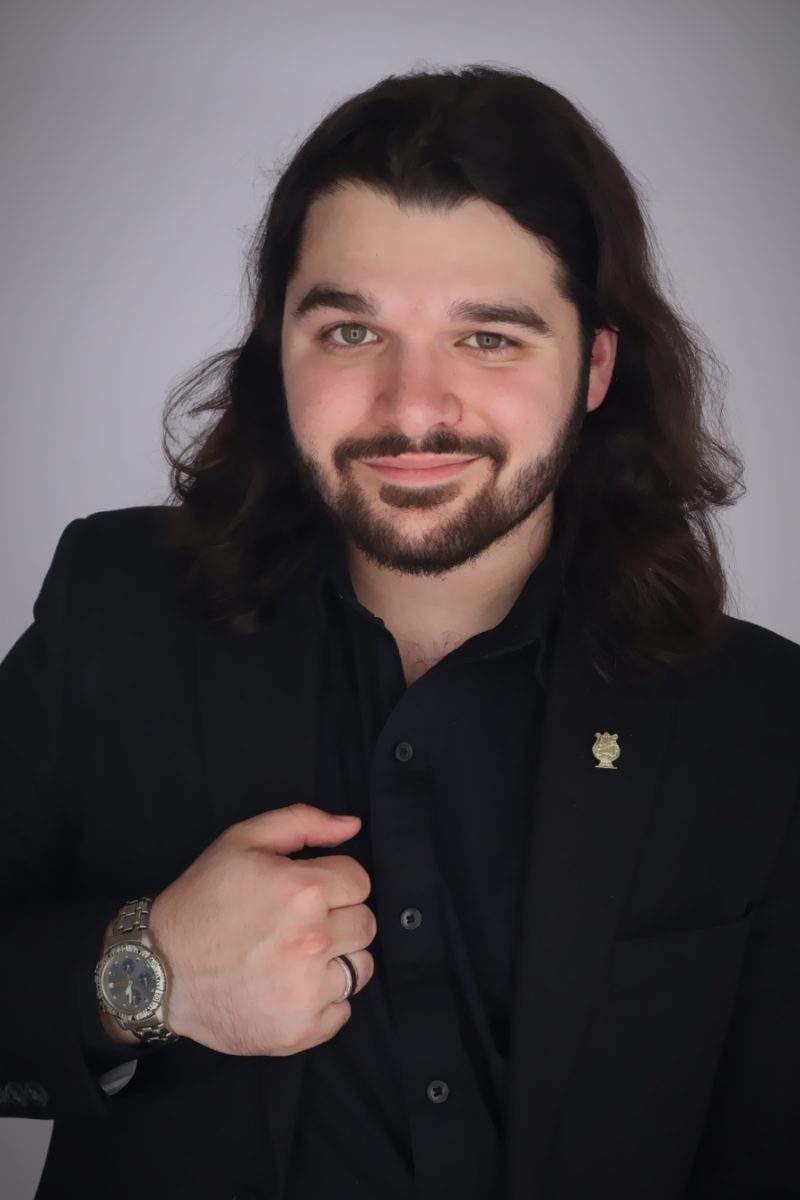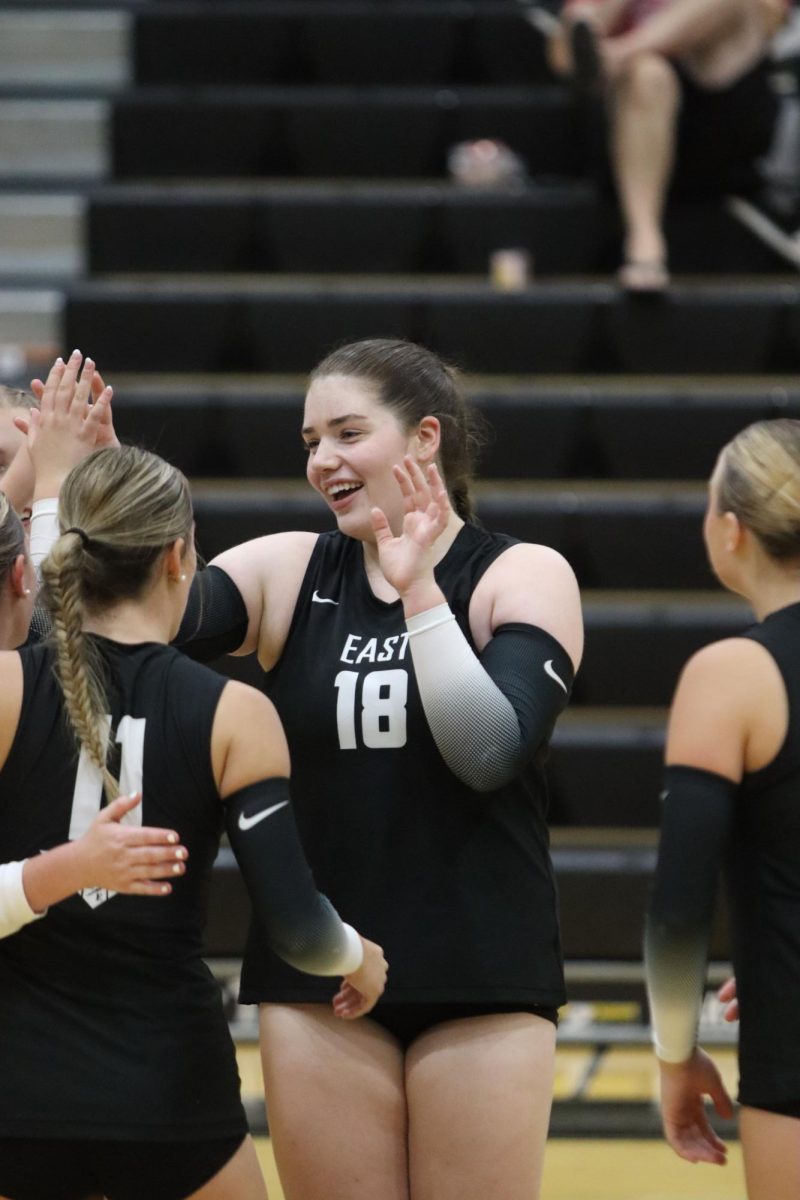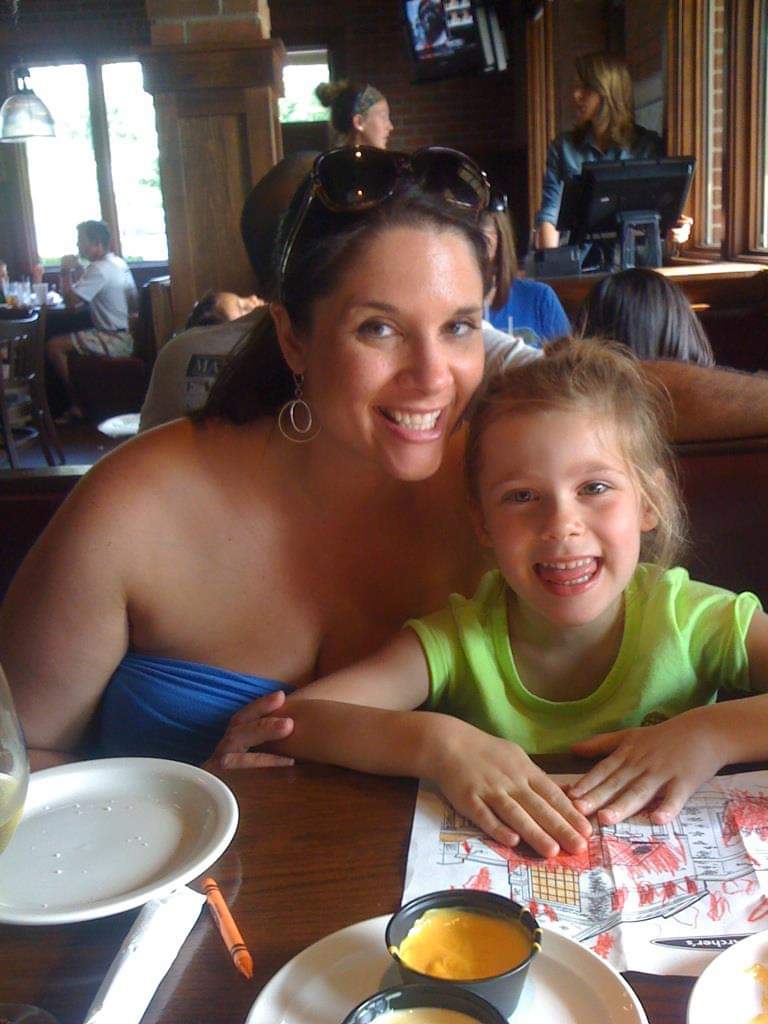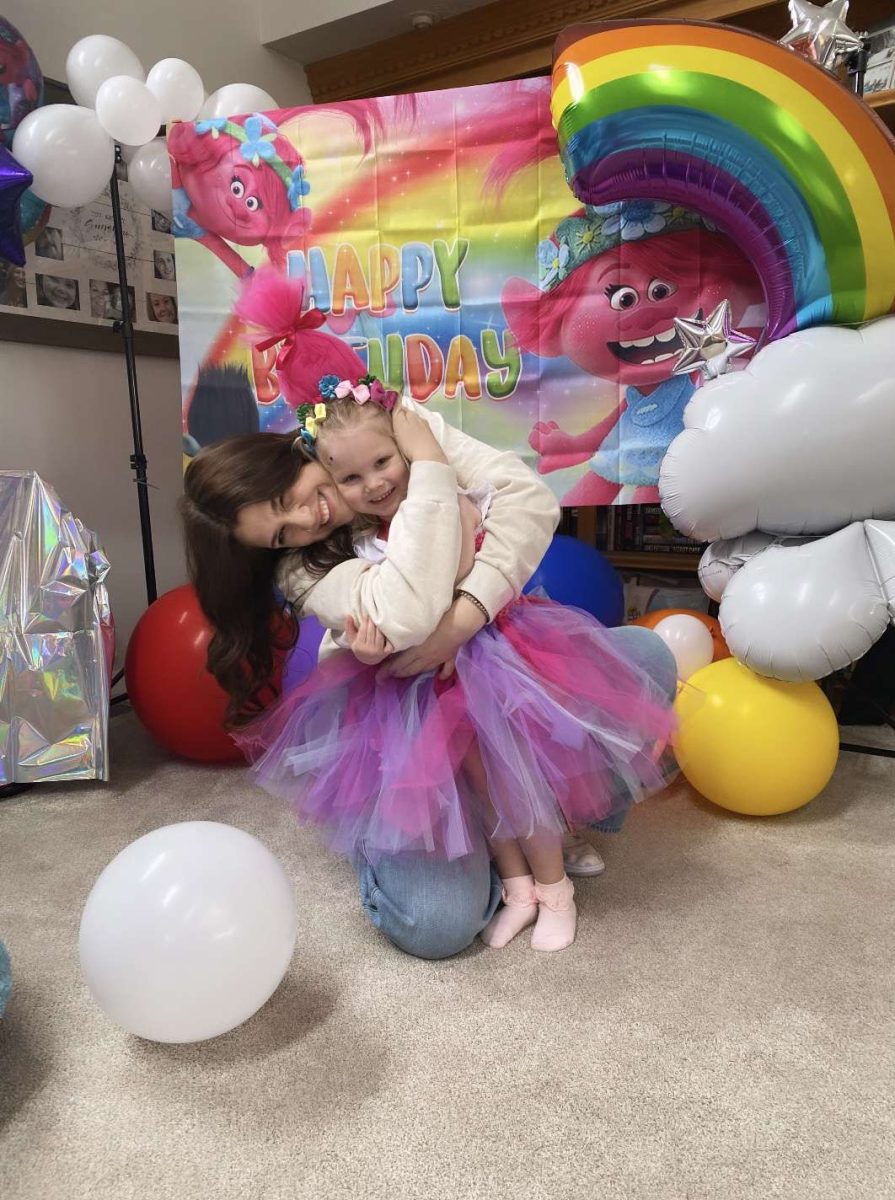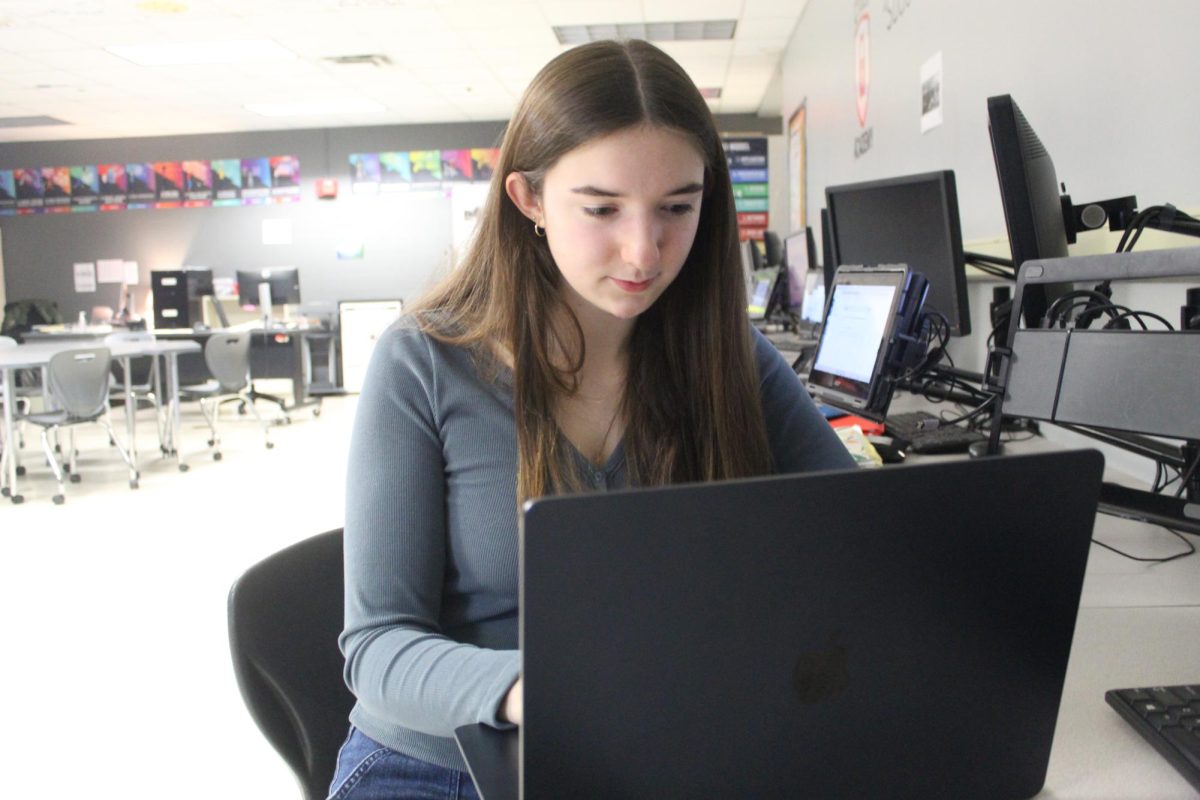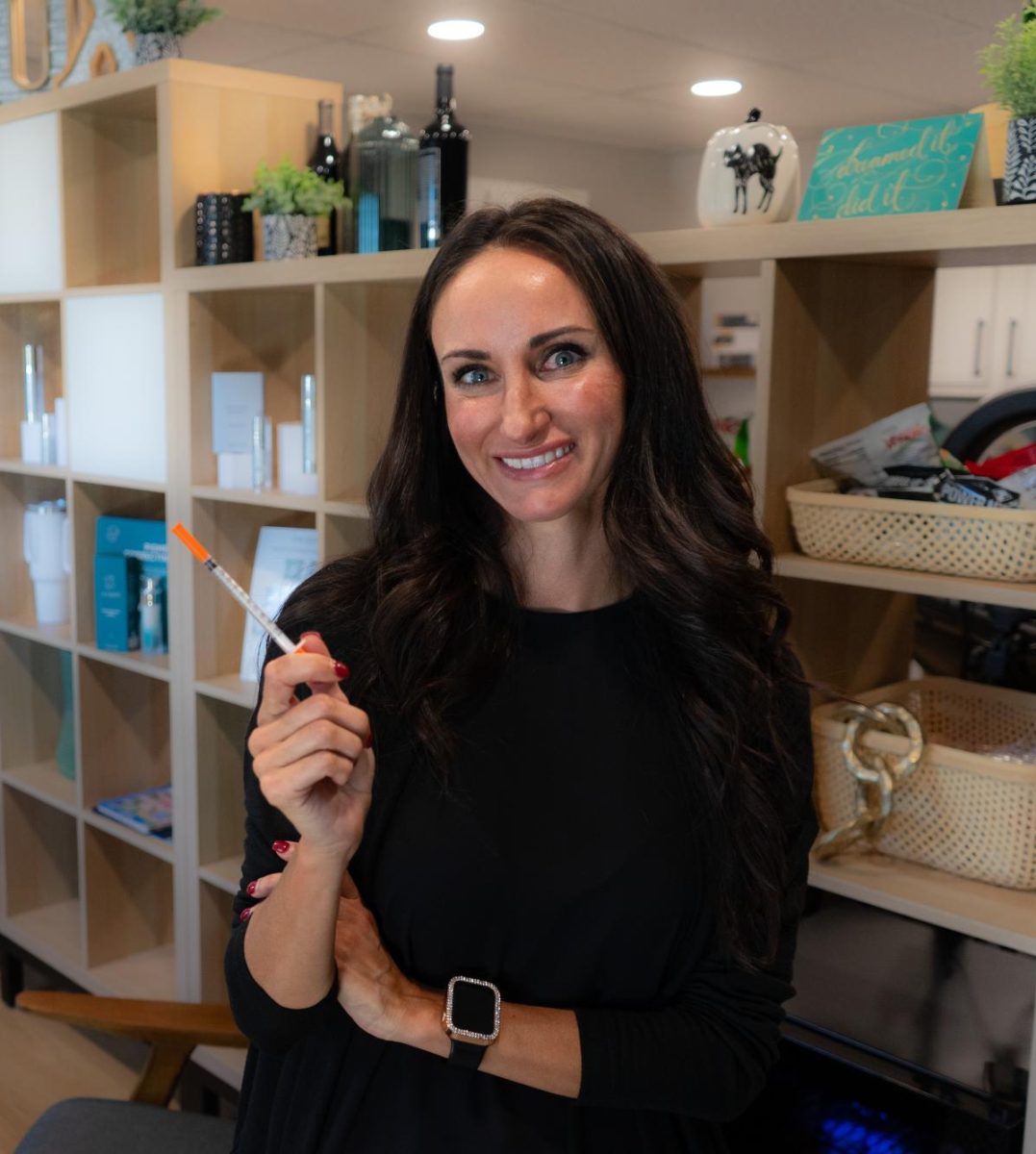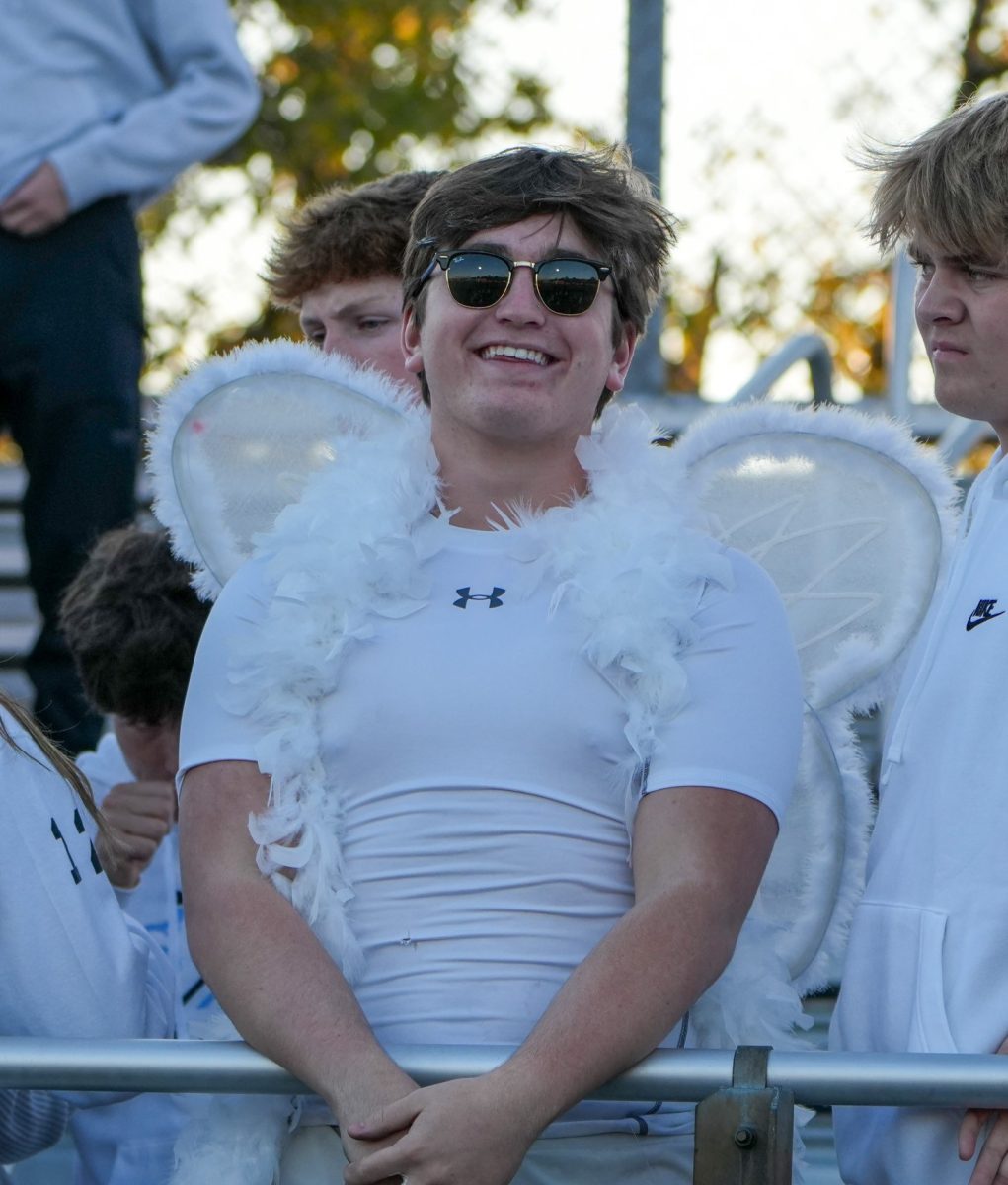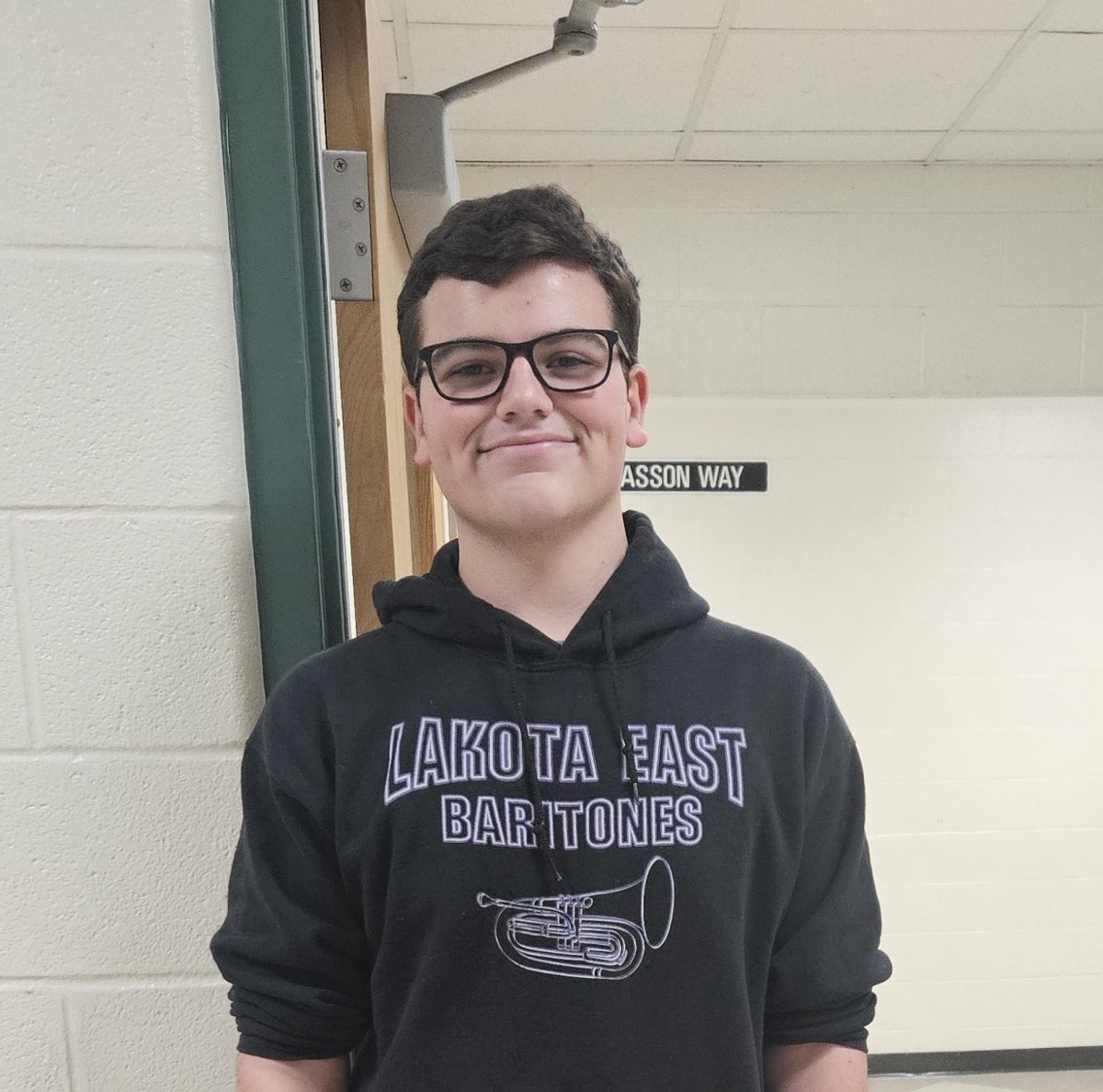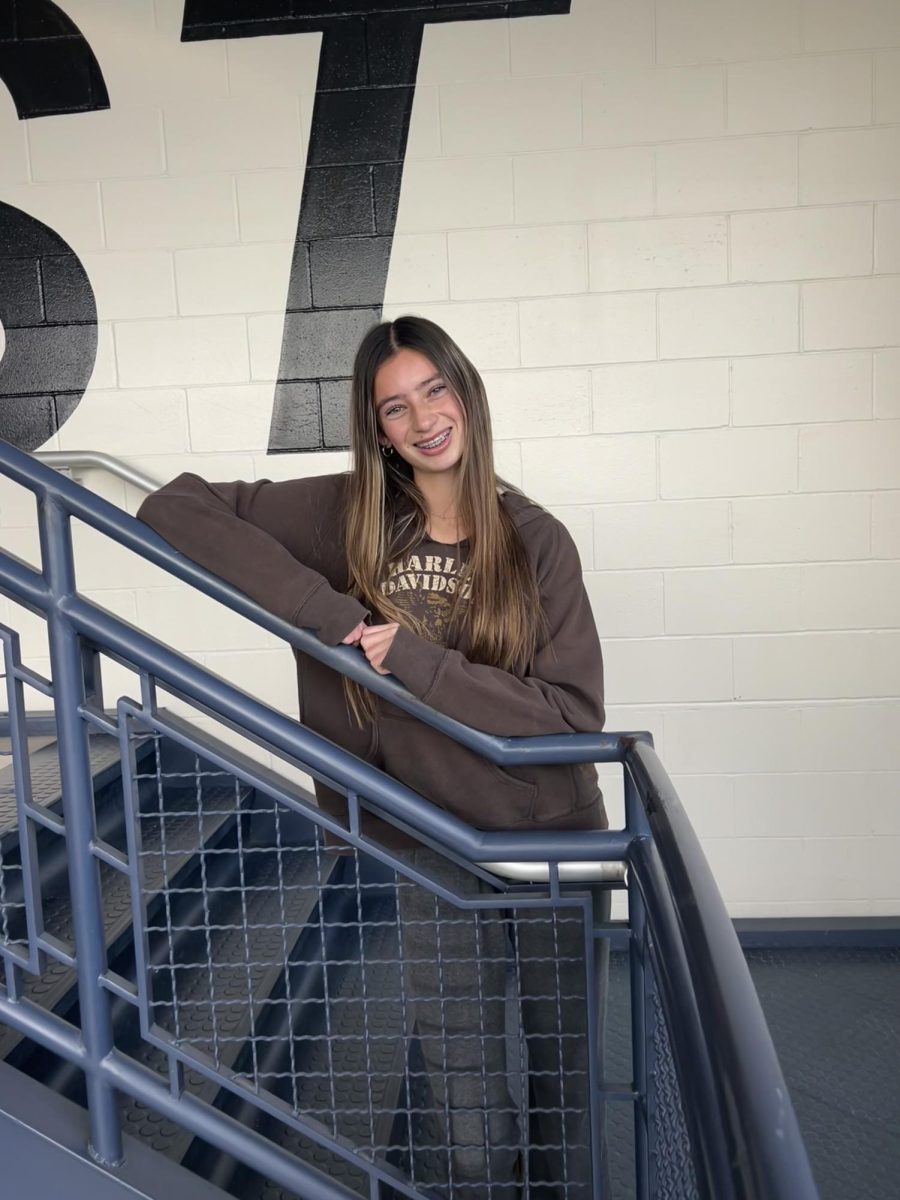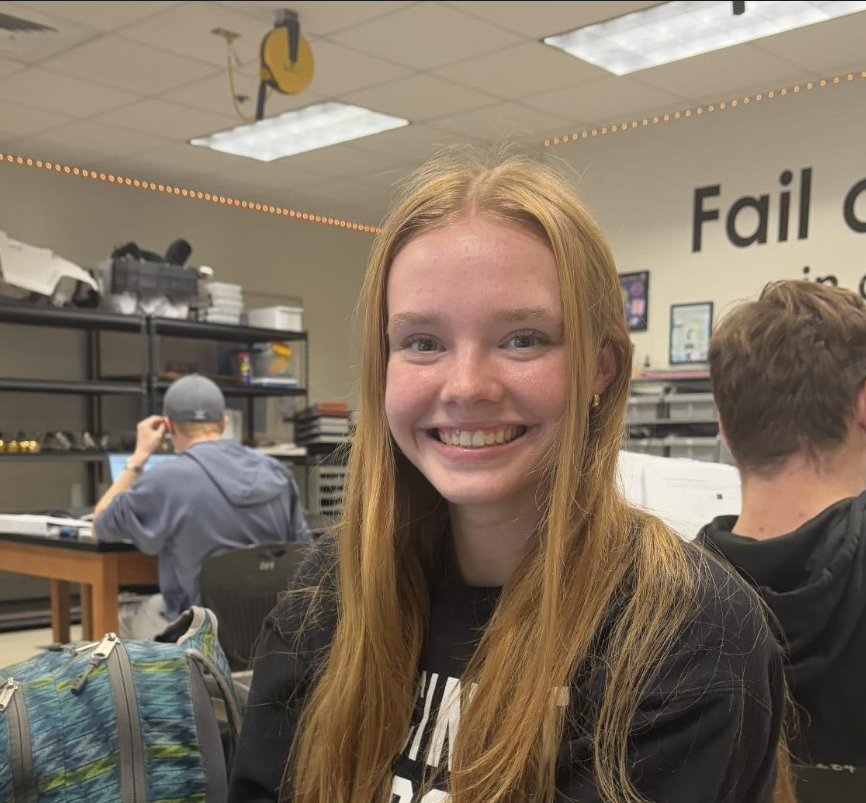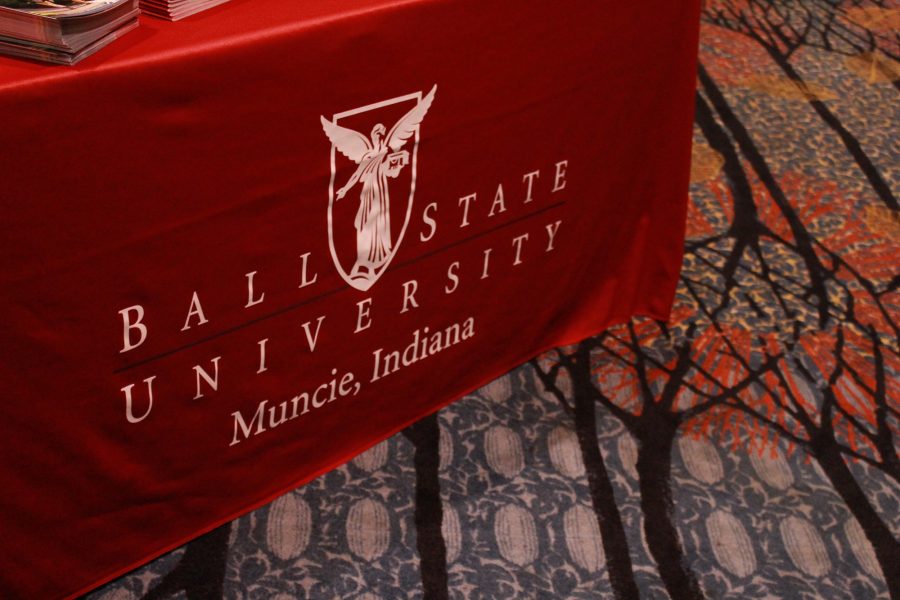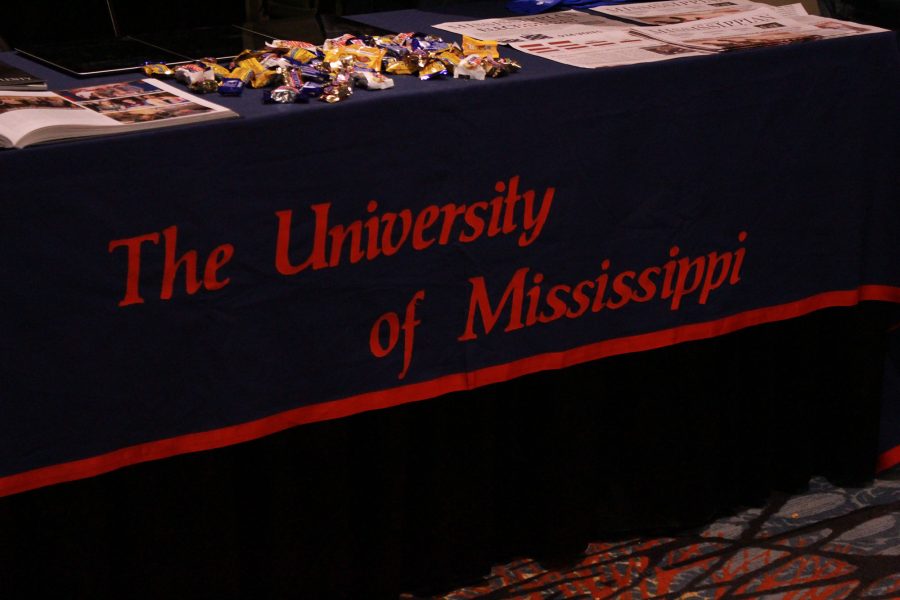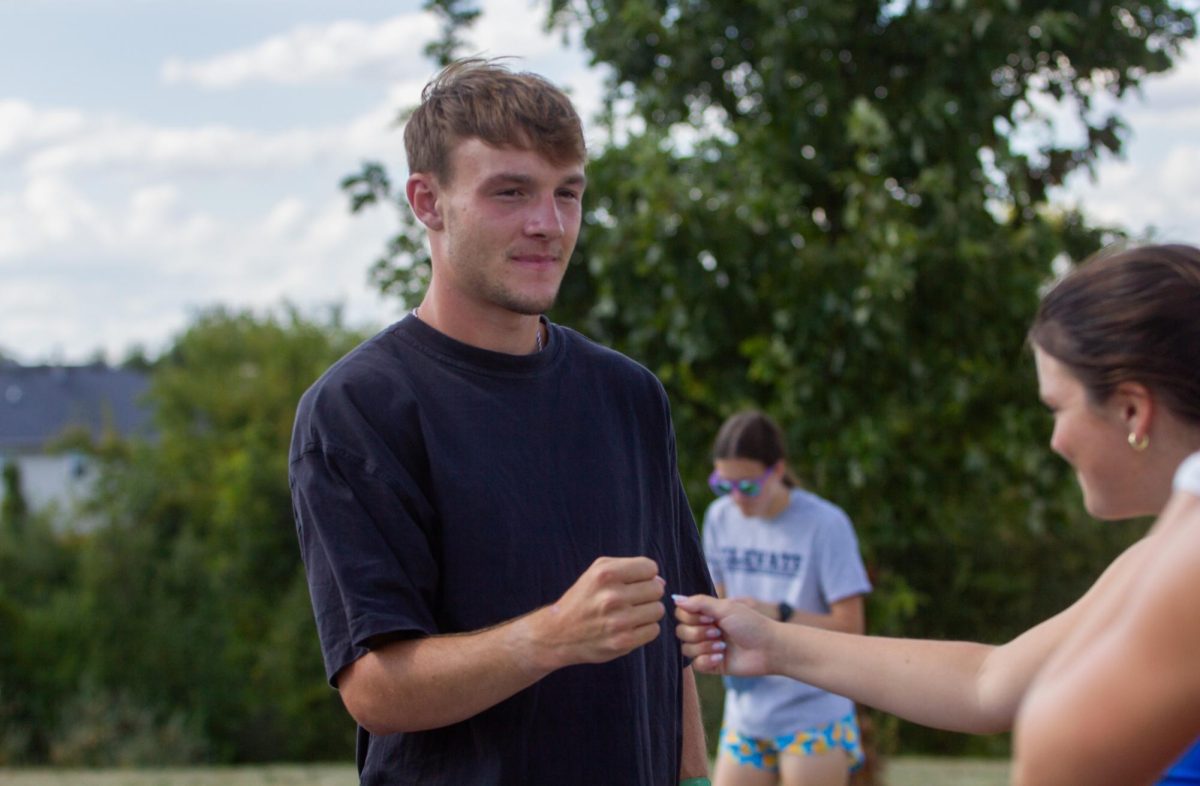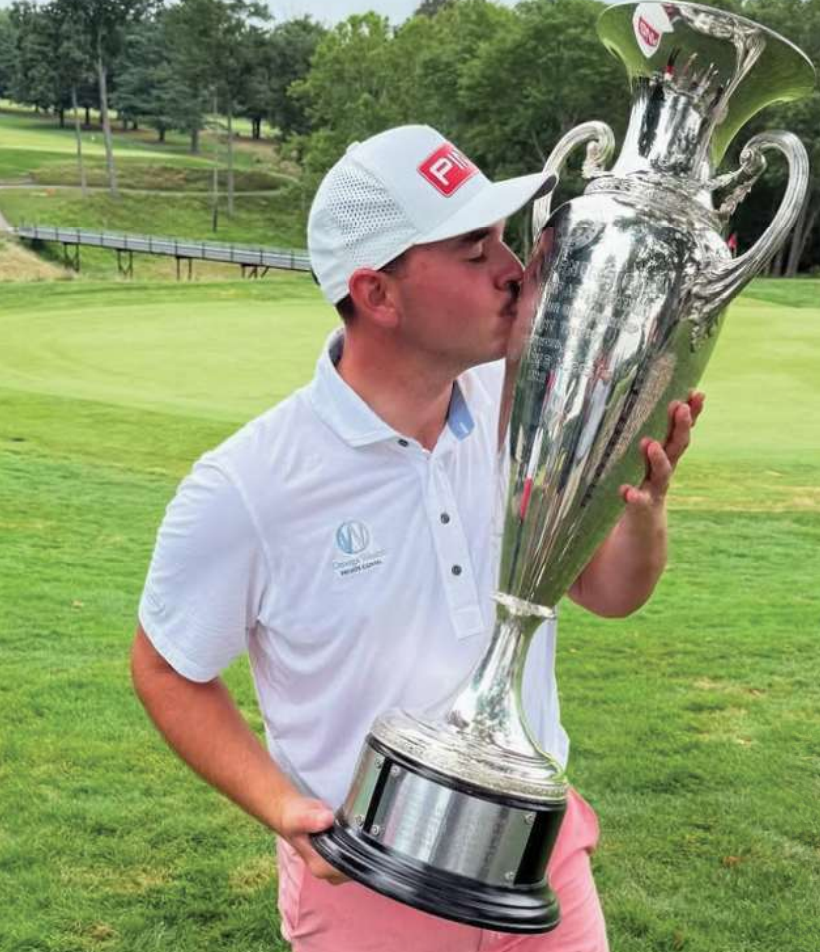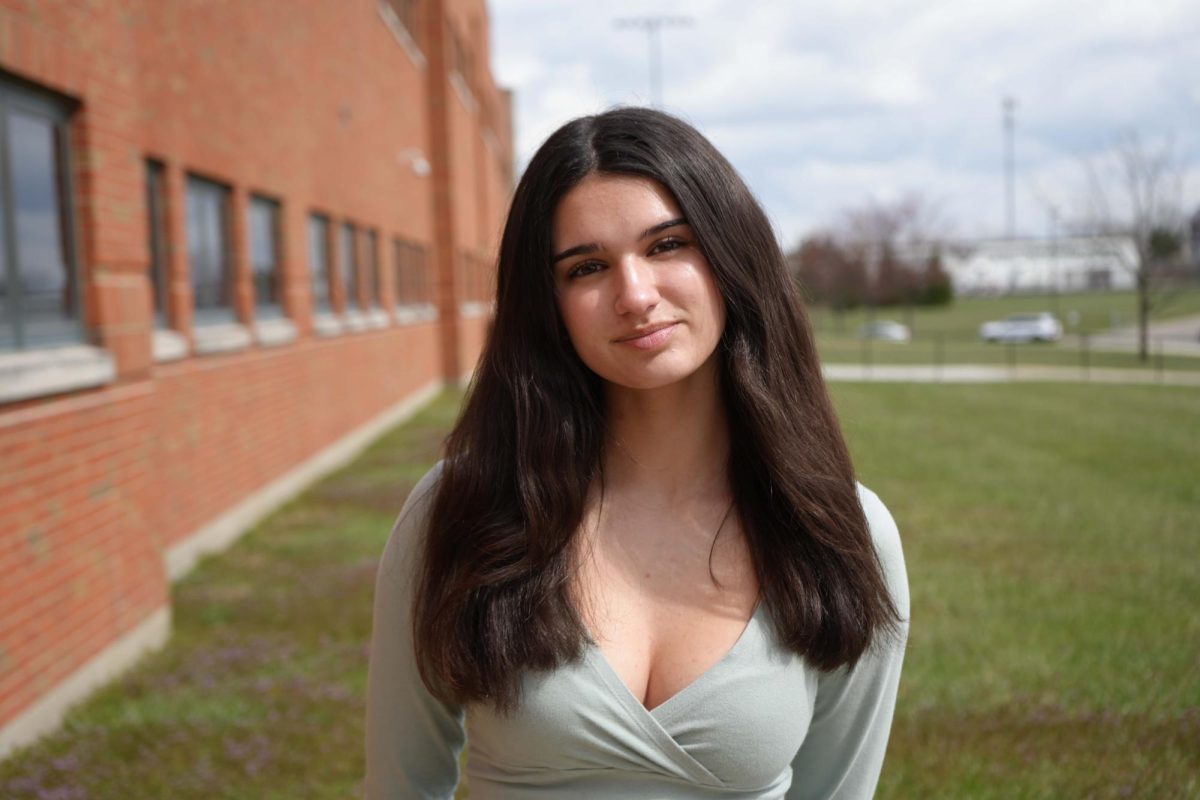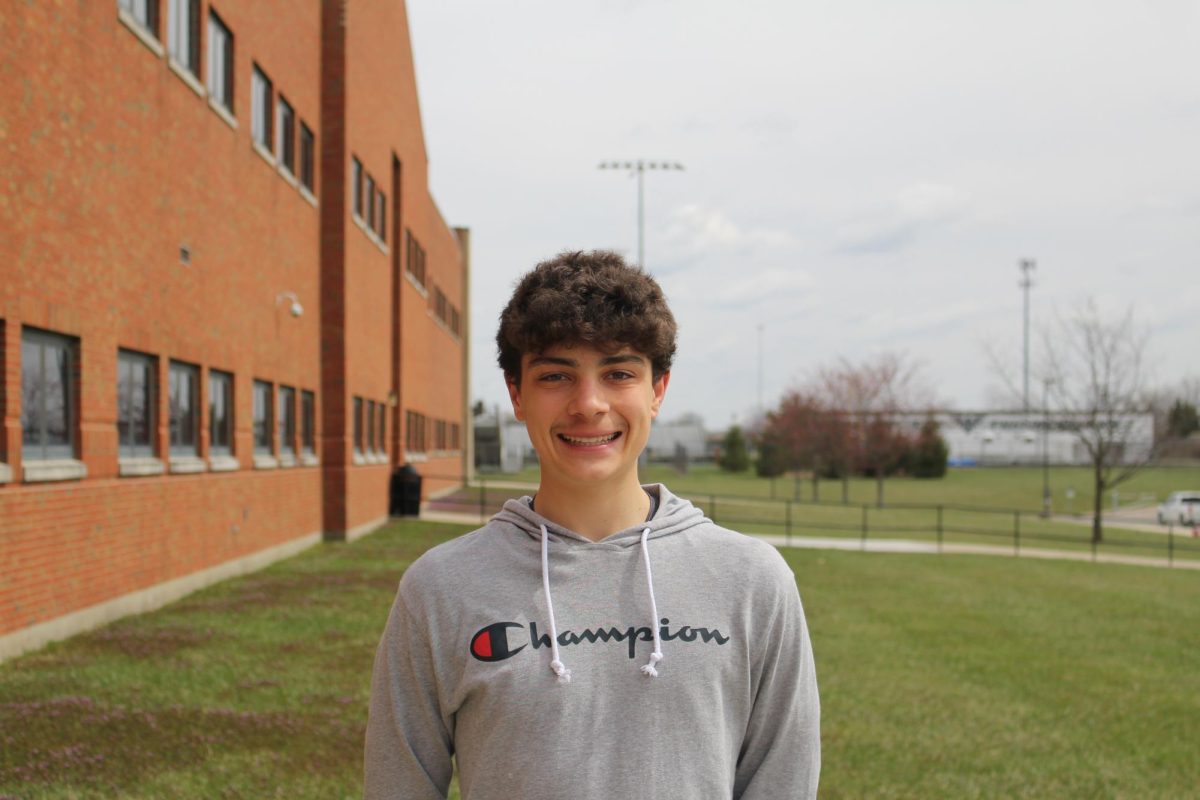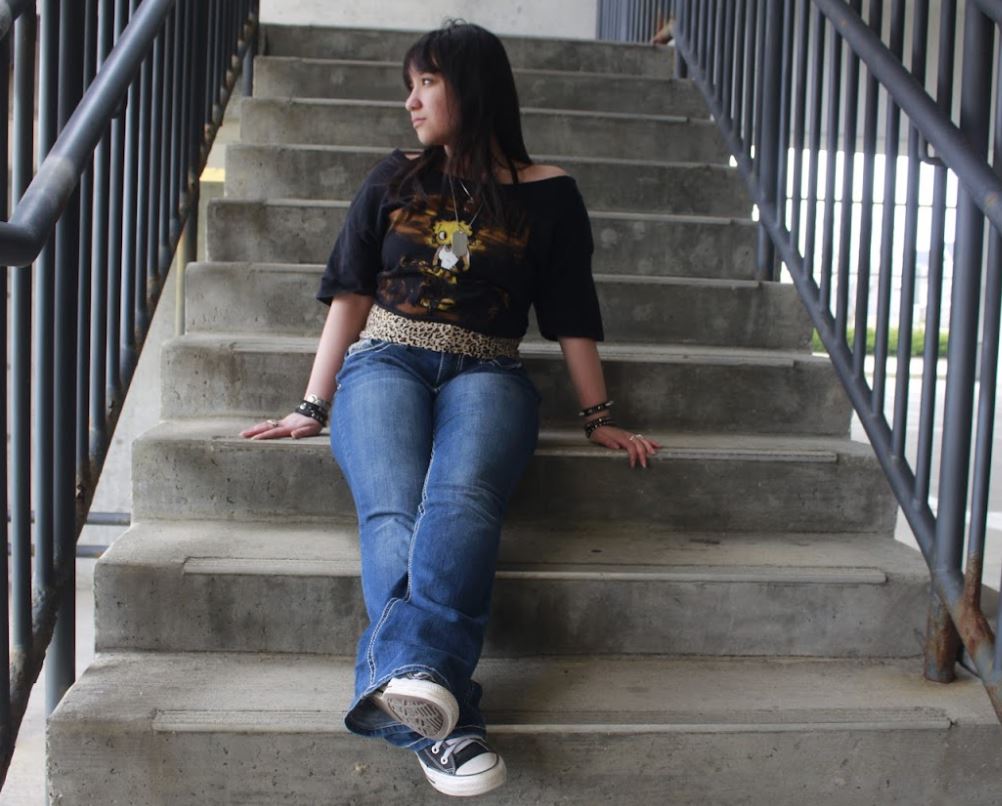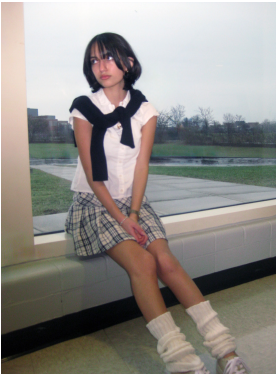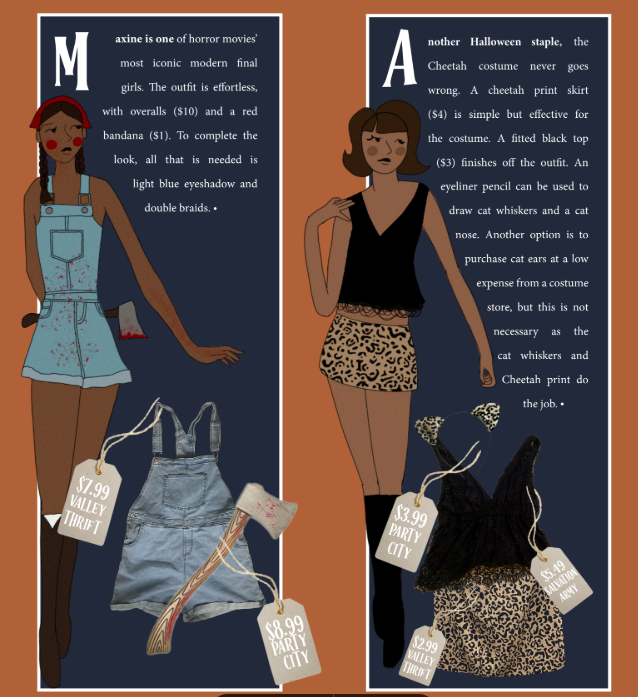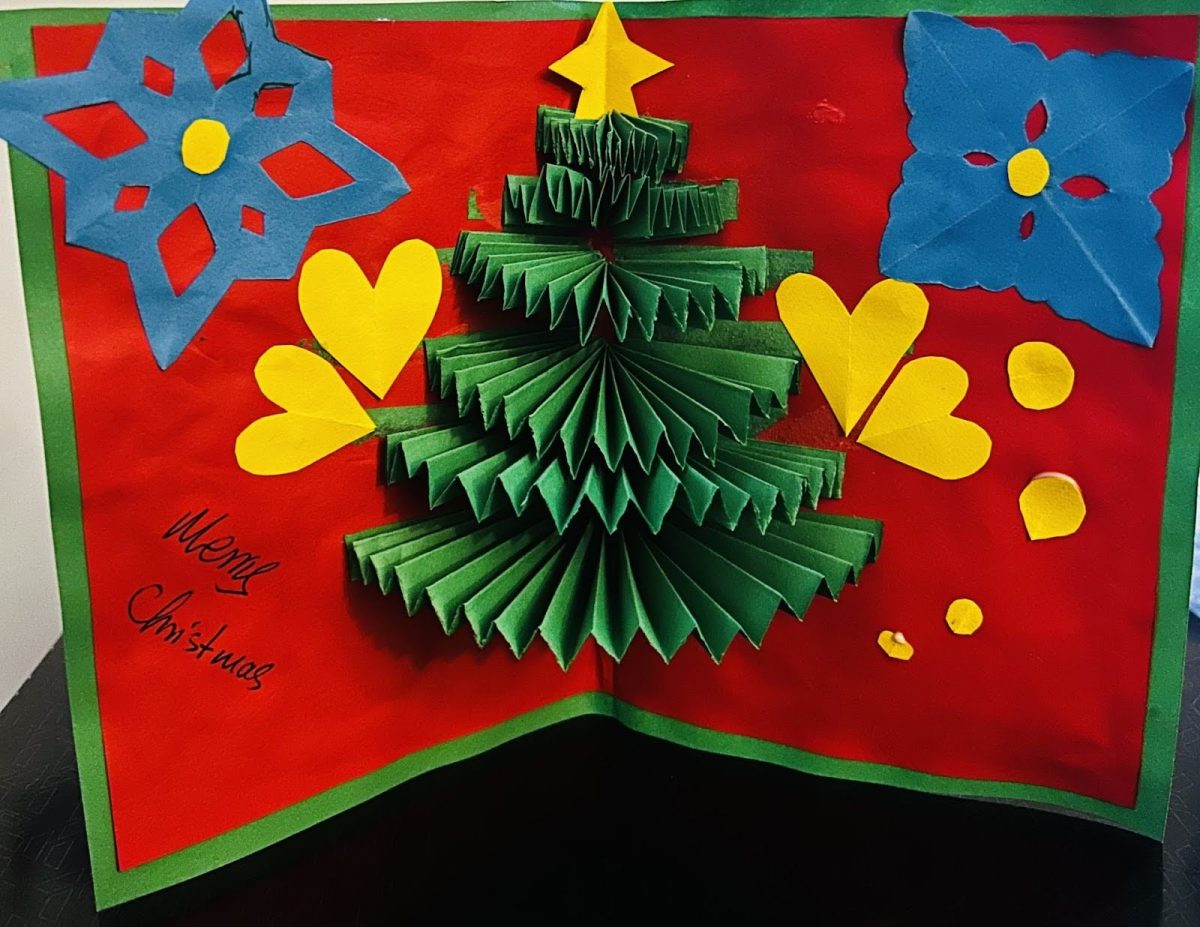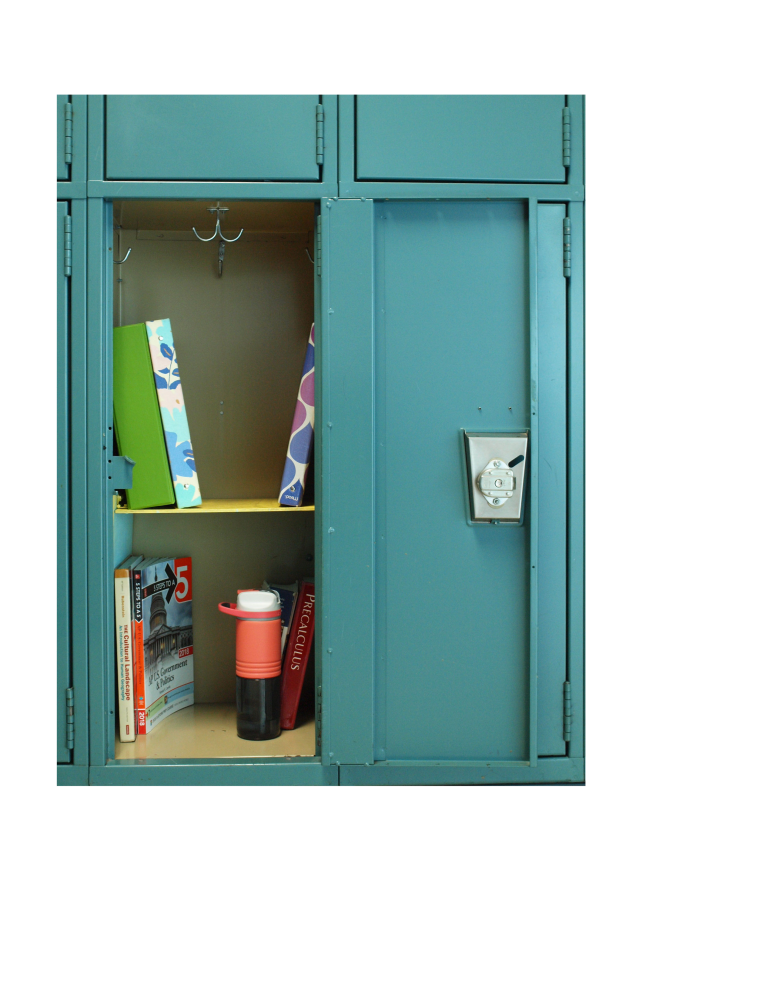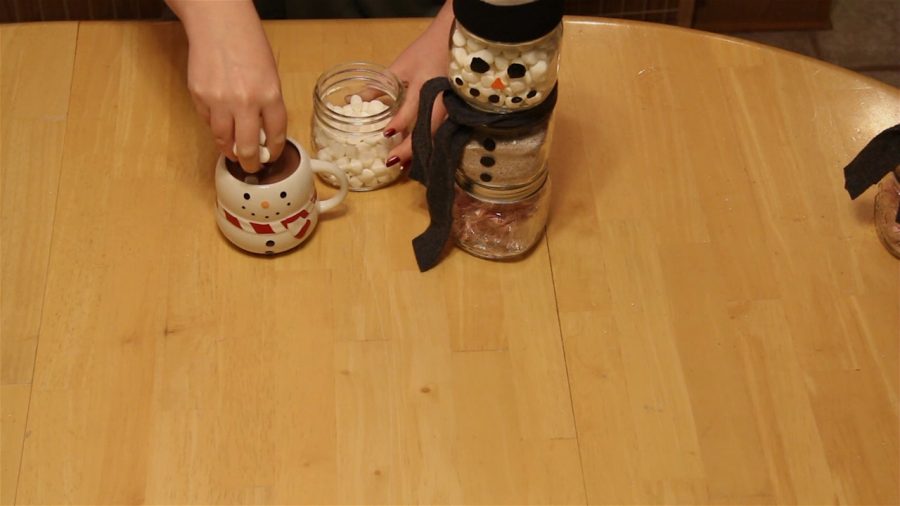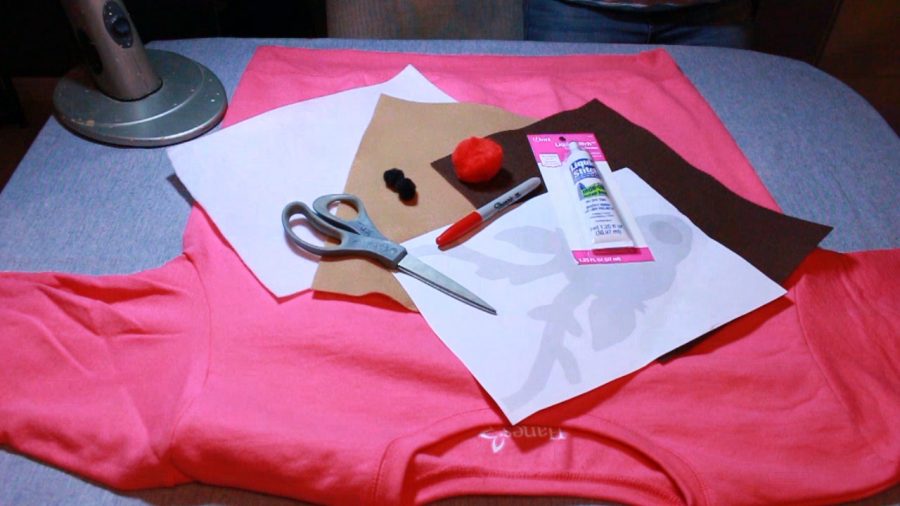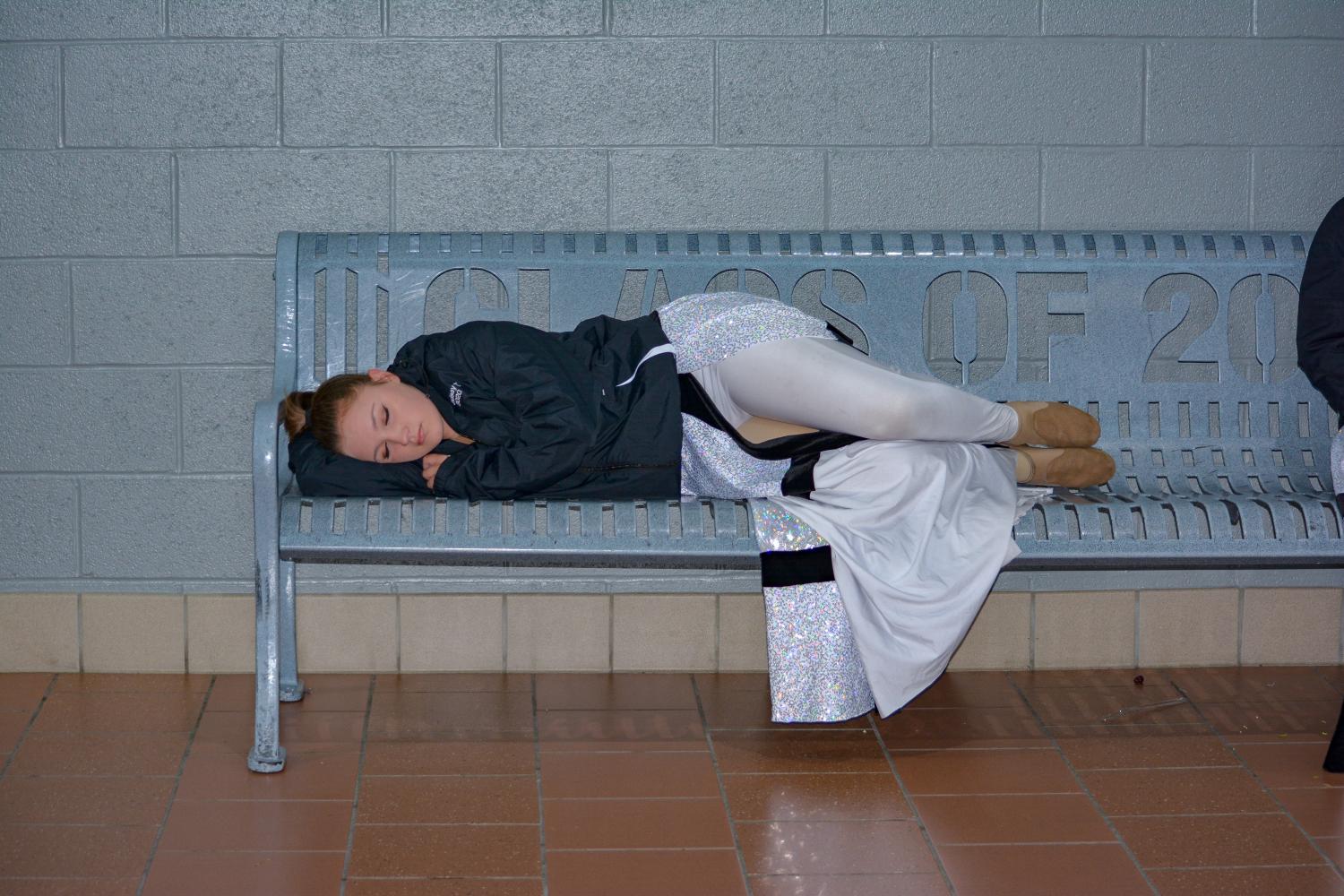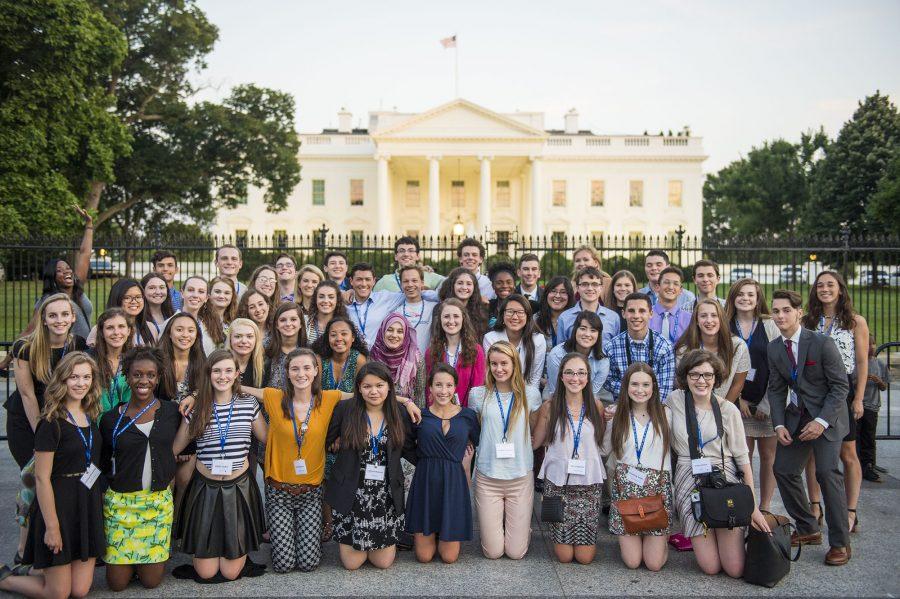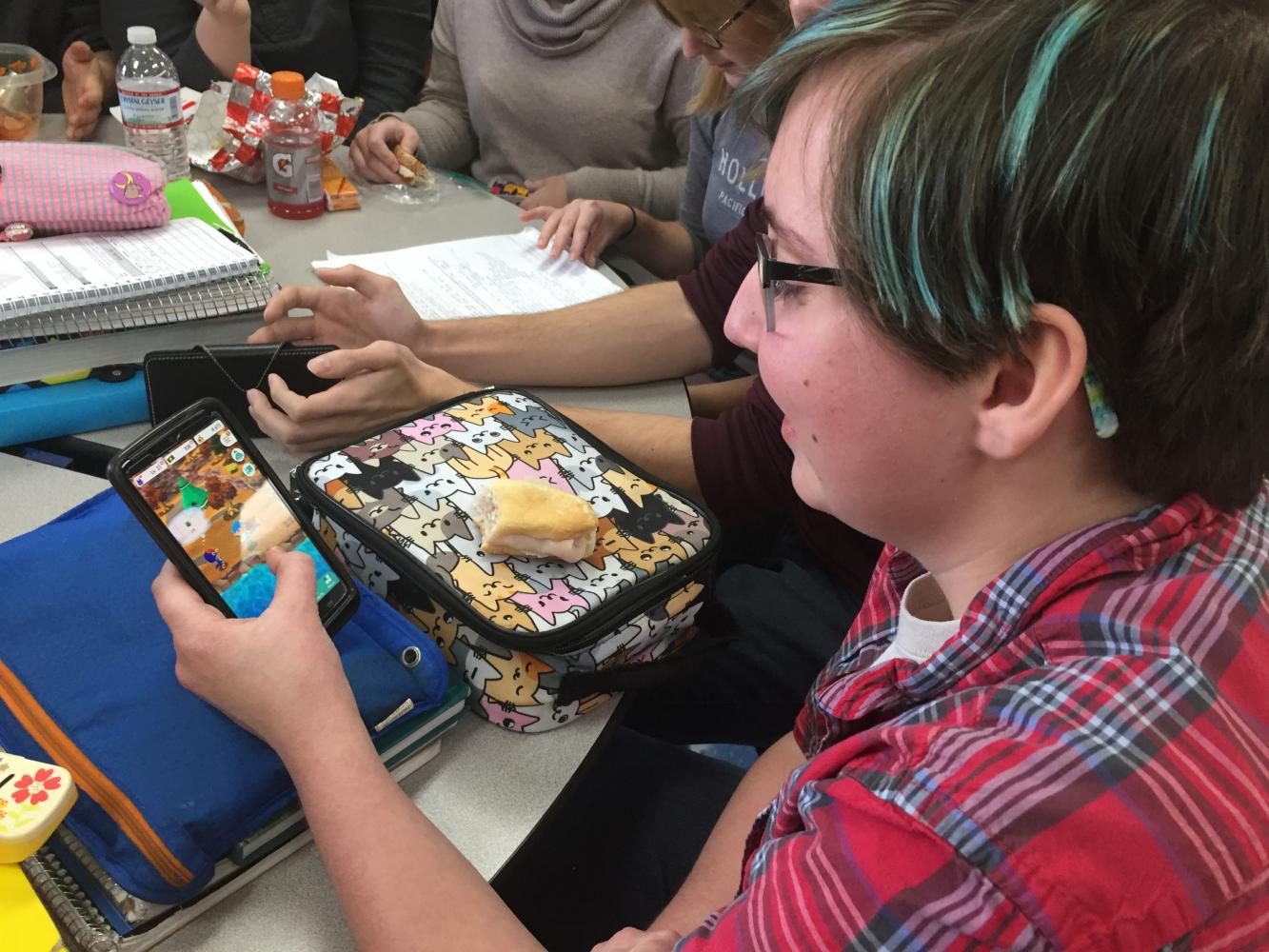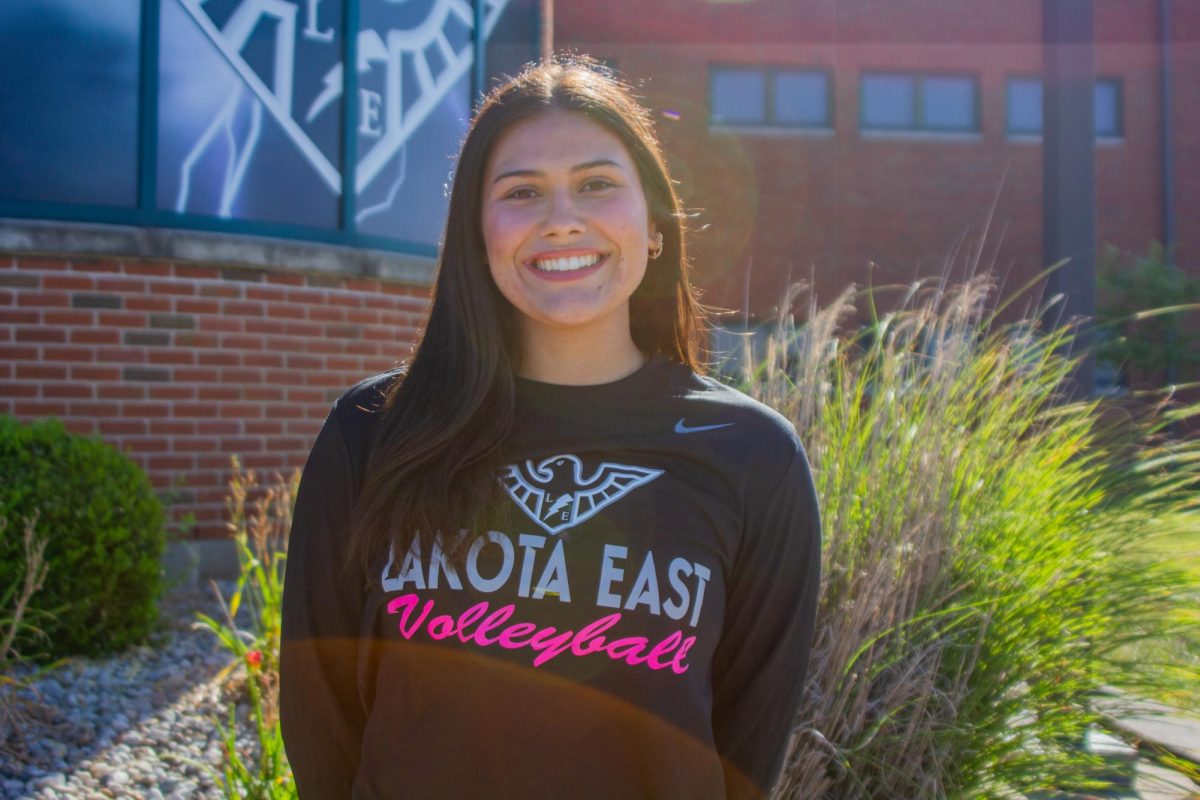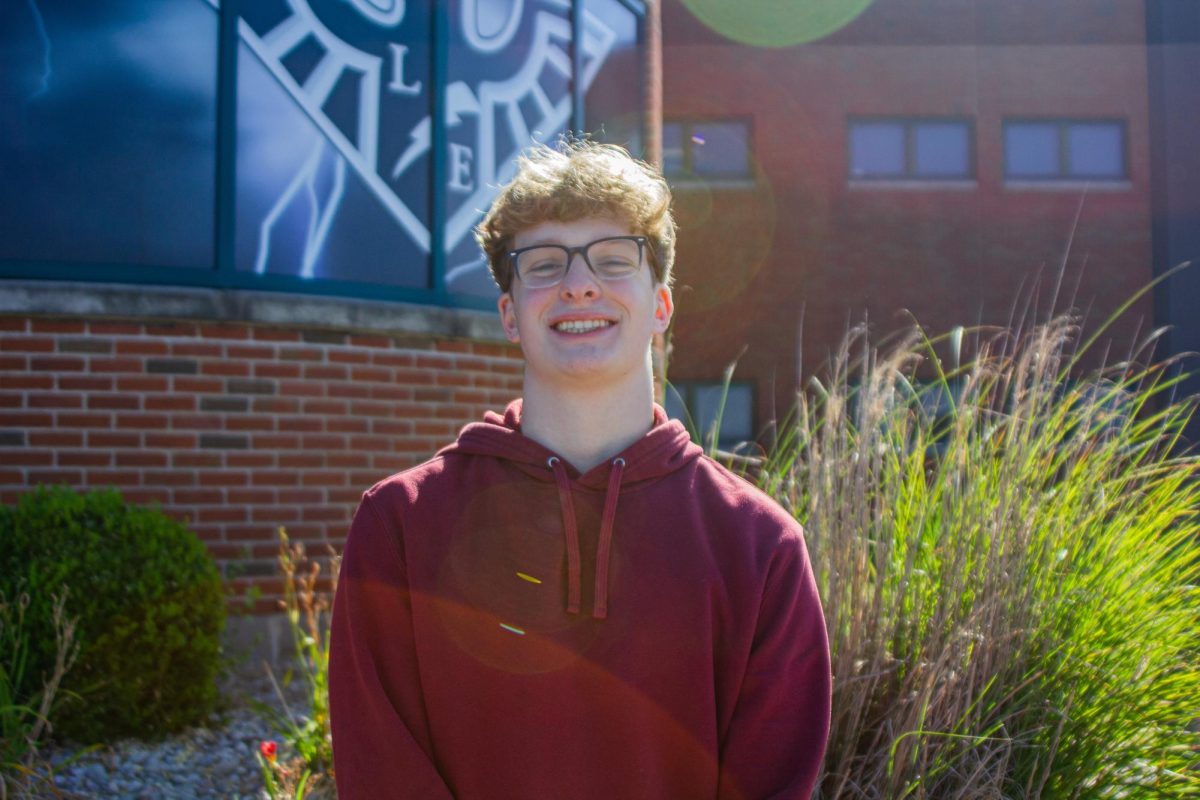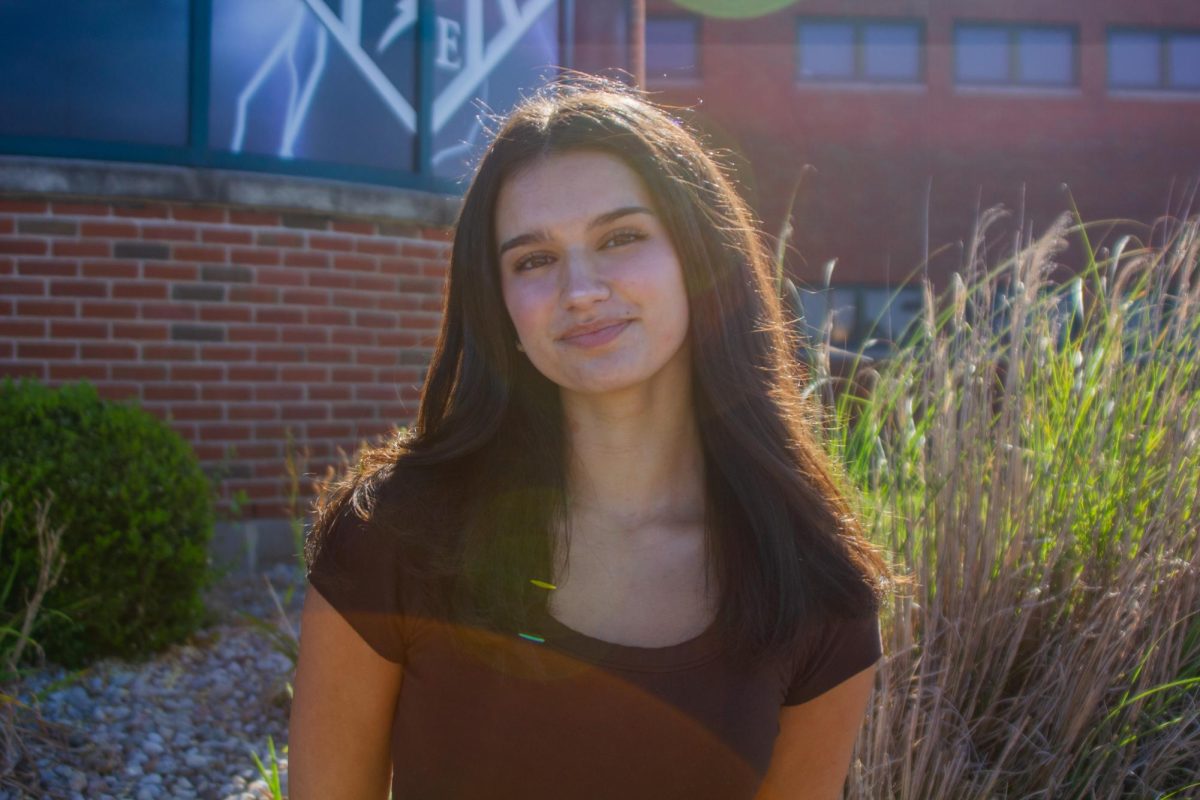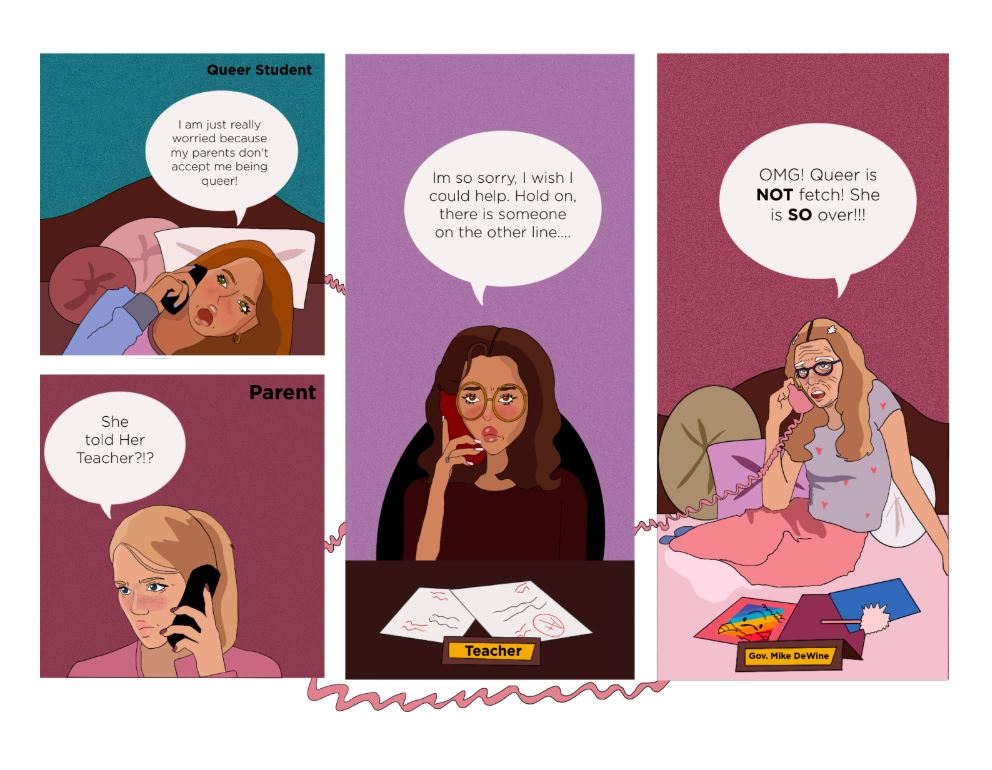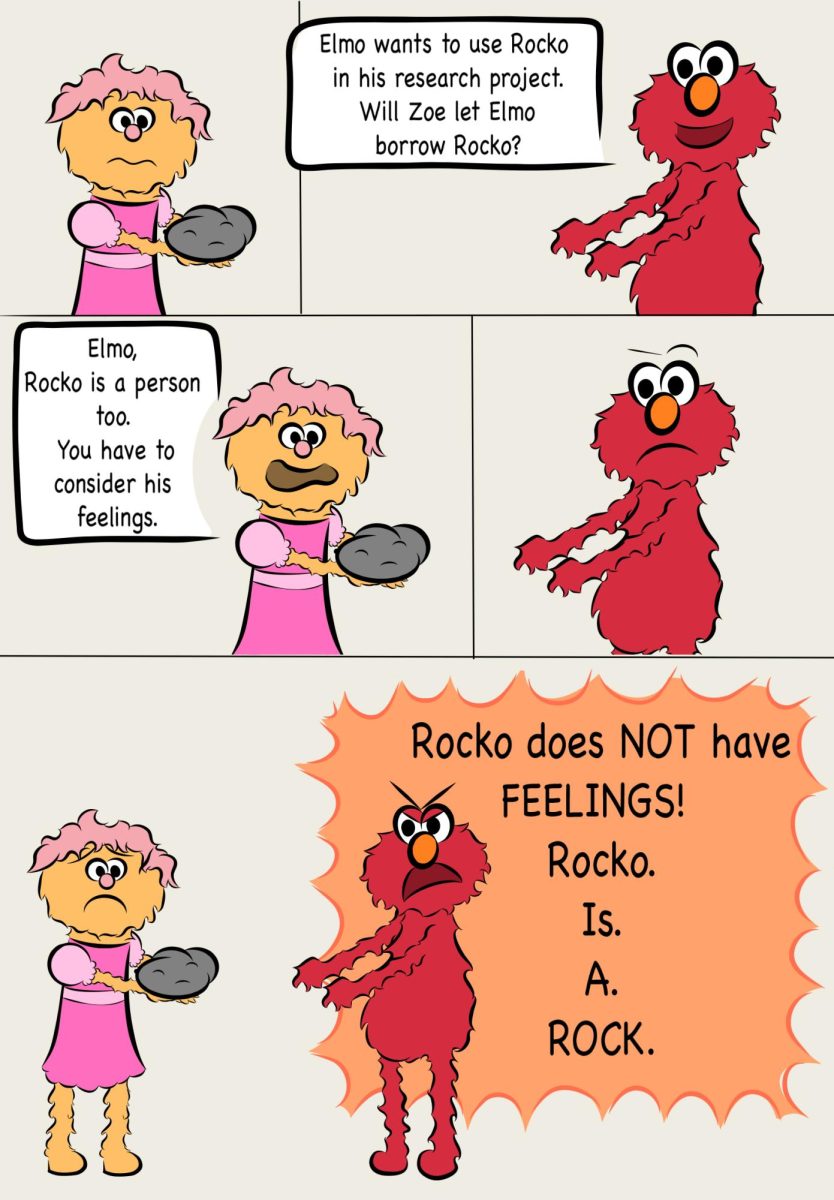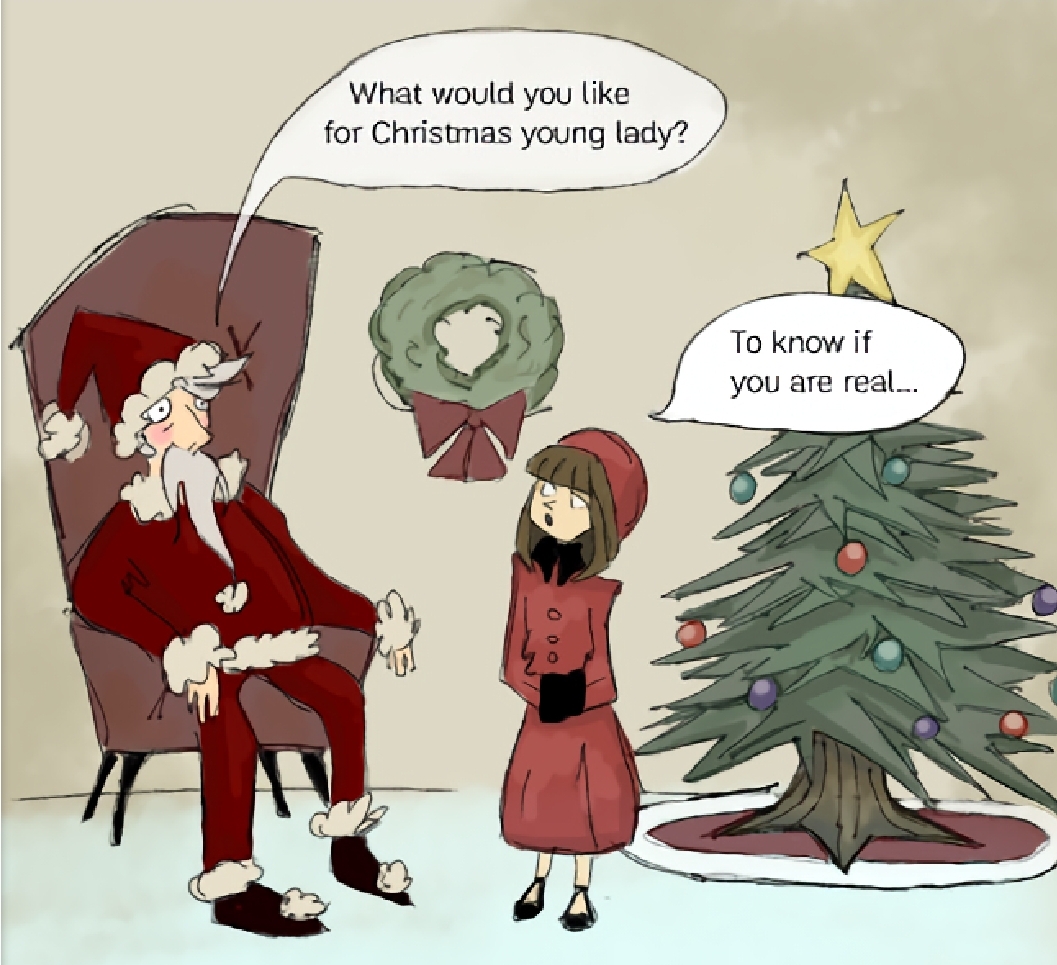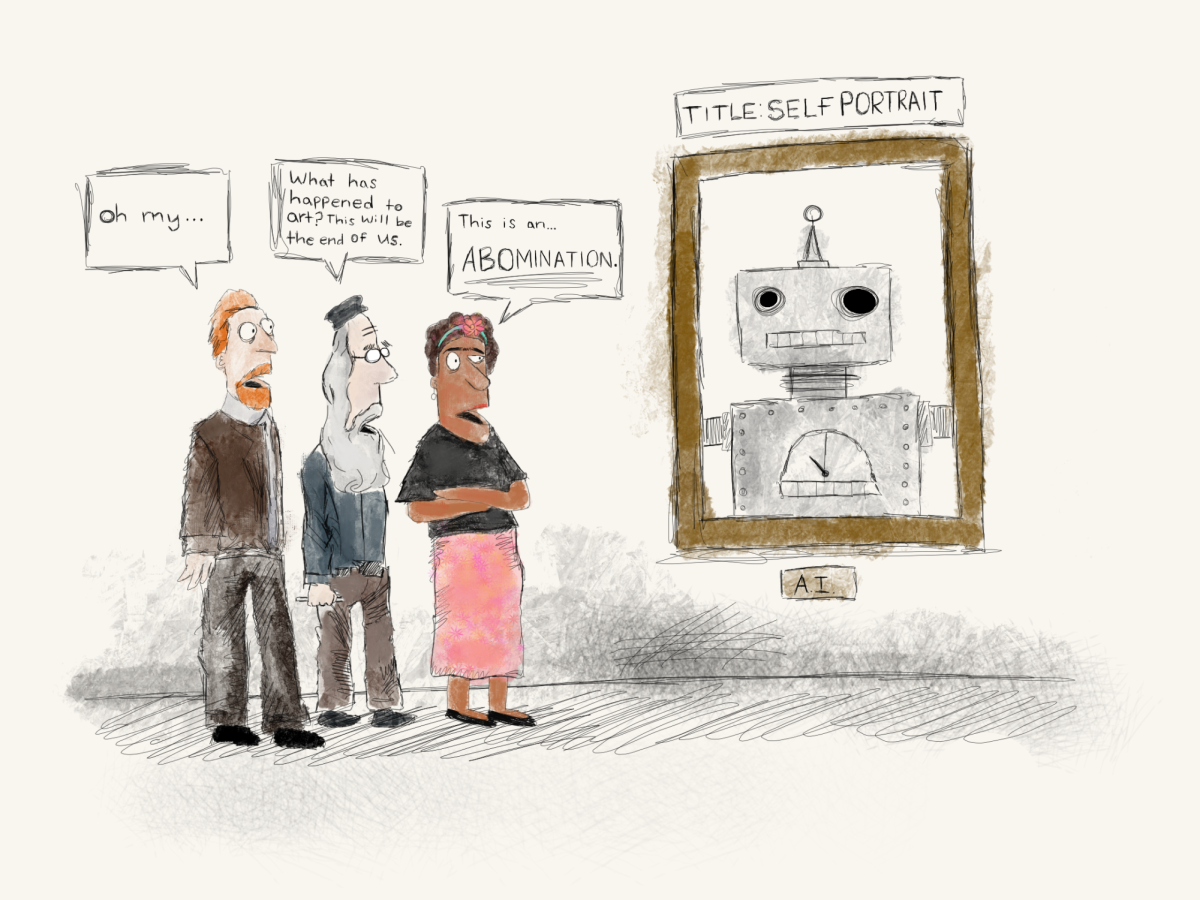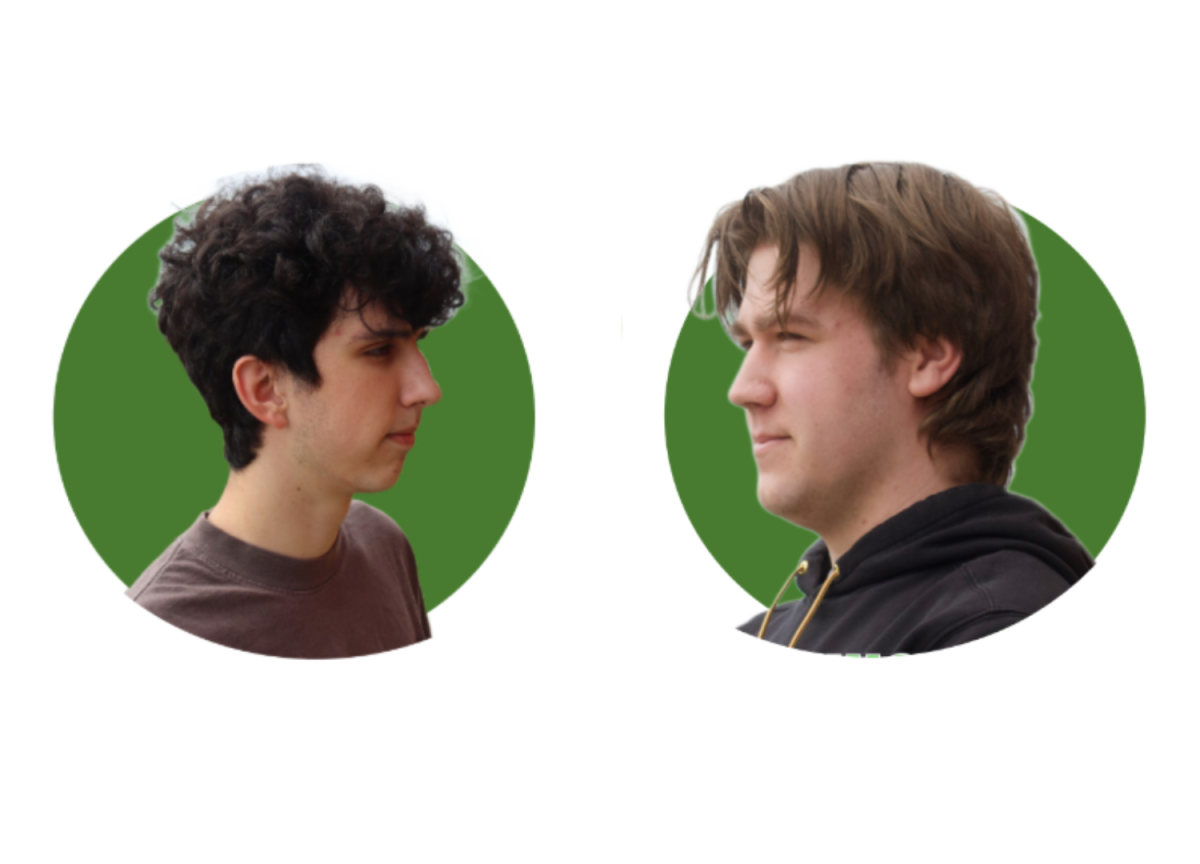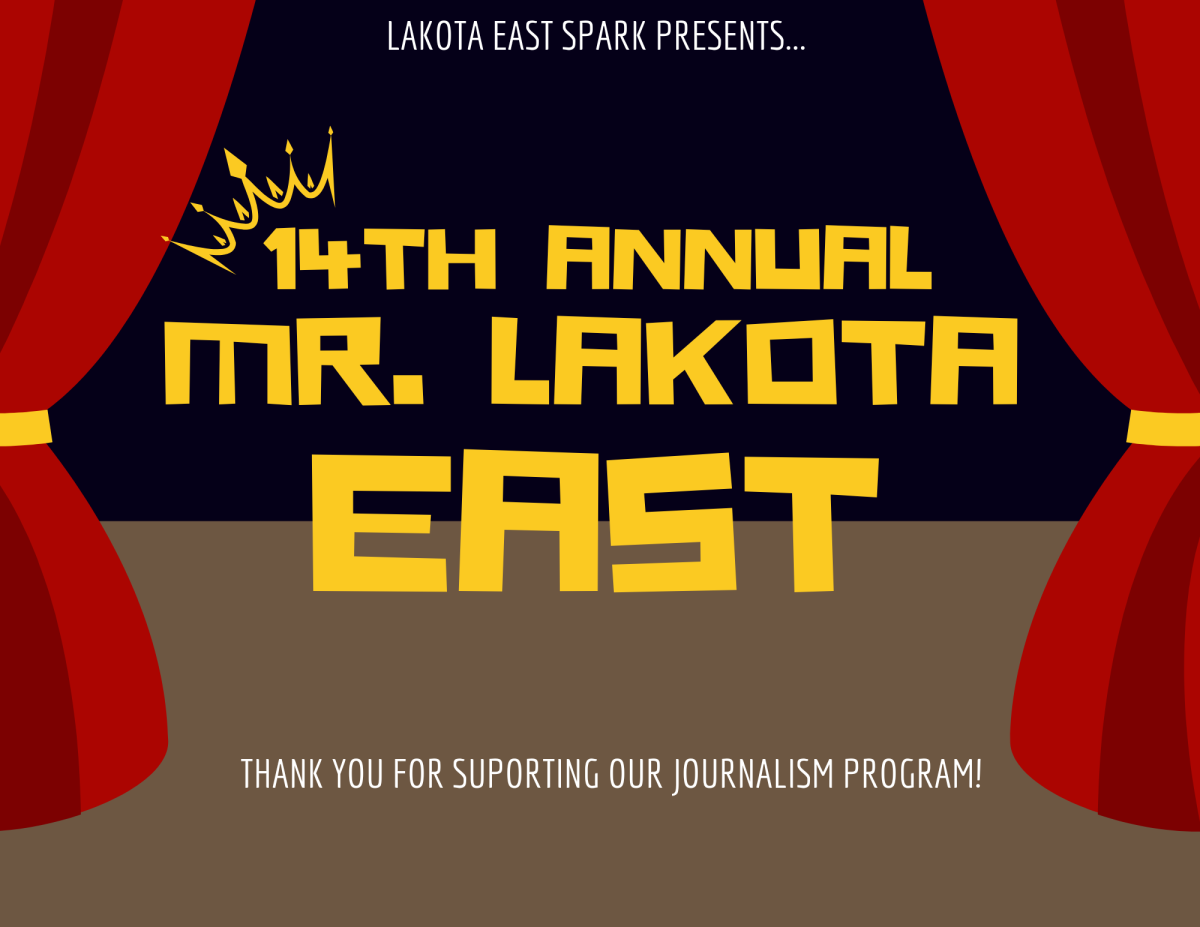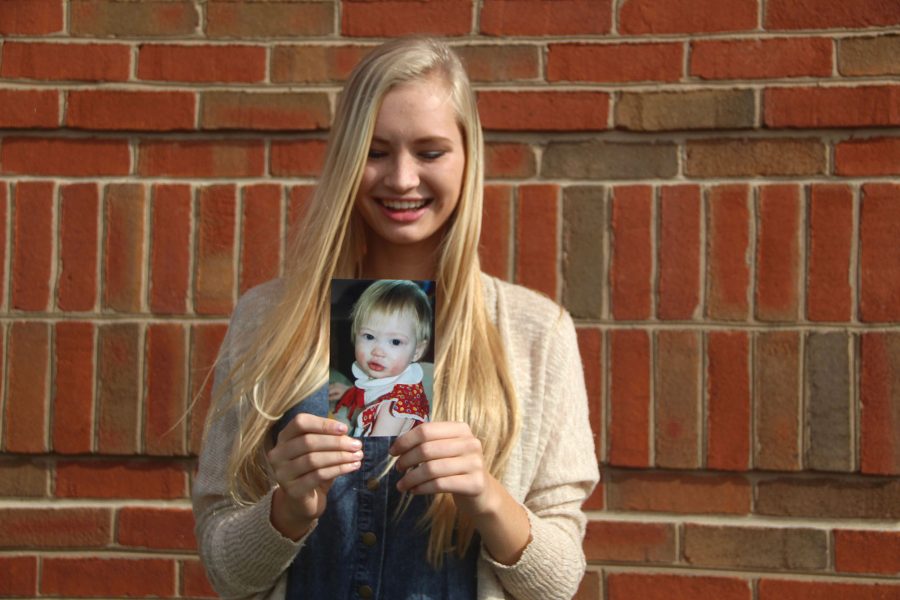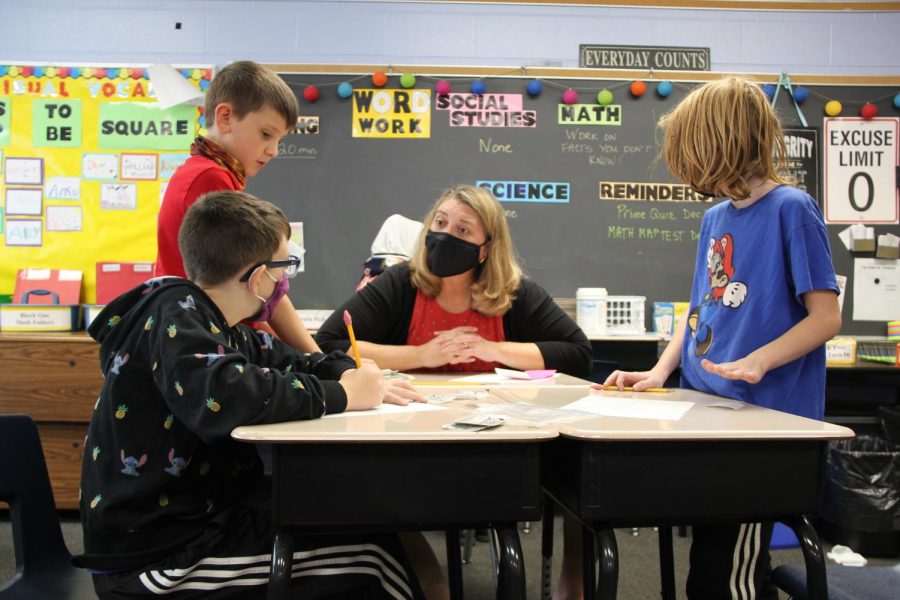By Kaily Hauck | Photography by Cara Satullo
Born in Russia, East junior Christina Koenig was placed in an orphanage. Surrounded by the shuffling feet of caretakers and the cries of other children, Koenig spent the first two years of her life without a family. Then she was told that she was going to a new place to see her family. She met through videos and photos the couple that would soon become her new parents. She was handed a new life by the Koenig family.
Tom and Cathy Koenig decided to adopt because they wanted more children and felt adoption was a way to give a child a fresh life and expand their family.
“When we were on our way to see her for the first time, we were so excited to meet our daughter,” Cathy says. “It was love at first sight.”
As she transitioned into her home, Koenig faced few challenges. She learned the culture, words and met new people. She attached to her mother immediately but had reserves about her father and older brothers.
“The first two months, I wouldn’t look at my dad because I wasn’t used to men,” Christina says. “The orphanage was run by only women, and [seeing a man] was weird.”
She was raised with two older brothers named Scott and Joe, a younger brother Tim and younger sister Alina. During her early childhood, Christina was wary of her new siblings. Eventually, she became more comfortable and began joining her three brothers as they hung out in their neighborhood, playing tag and feeding the neighborhood horses. According to Christina, when she was first introduced to America, she had to develop a new way of seeing the world as a Koenig.
“Ironically, it was food she had the strongest reaction to,” Cathy says. “She would get rashes because she wasn’t used to some of the ingredients in our foods.”
According to Christina, she only used to eat bread and butter because she was overwhelmed by all of the flavors. In addition to food, Koenig also struggled in her early years of school. She felt like people didn’t know how to approach her because, as she put it, she was different.
“When I was younger, there were some cases where people would make fun of me because I couldn’t pronounce my L’s or T’s,” Koenig says. “The kids would also joke about how small my eyes were. It bothered me, but I just let it roll off.”
As she grew up, she noticed that people didn’t treat her differently—they treated her like any other kid. The teasing and name calling transformed into playful banter, and she decided to accept the comments as just that. She had never known how the kids were going to treat her, so she assumed she would see her as something foreign. Christina’s long-time friend and neighbor helped to make her feel welcome. East junior Jillian Krekel has been by her side through her childhood and into her high school career.
“I’ve known her since we were five,” Krekel says. “I didn’t think she was any different when I met her. She was just loud and crazy, like me.”
The transition to the new environment had its ups and downs, but having her parents and friends by her side helped to make things smoother. Koenig says she felt the most accepted when she was with her family because they saw her as no different from anyone else.
“My family made me feel accepted every time we would have block parties in the cul-de-sac,” Koenig says. “Everyone: friends, neighbors and family all came together. There were so many people, but I never felt out of place.”
Although she has never been back to Russia, Koenig still feels attached to her Russian roots by staying in contact with her birth mother through email. She plans on strengthening the bond to her country by learning to speak more Russian and visiting her birthplace in college.
Throughout her high school career, Koenig makes an effort to accept all people for who they are because of her childhood experiences. At East Koenig feels like the atmosphere is understanding and loving toward each person’s originality.
“I think people are way more accepting now than they were in the past,” Koenig says. “The attitude of be who you are and do what you want carries over from country to country. I think that’s true here at East.”






